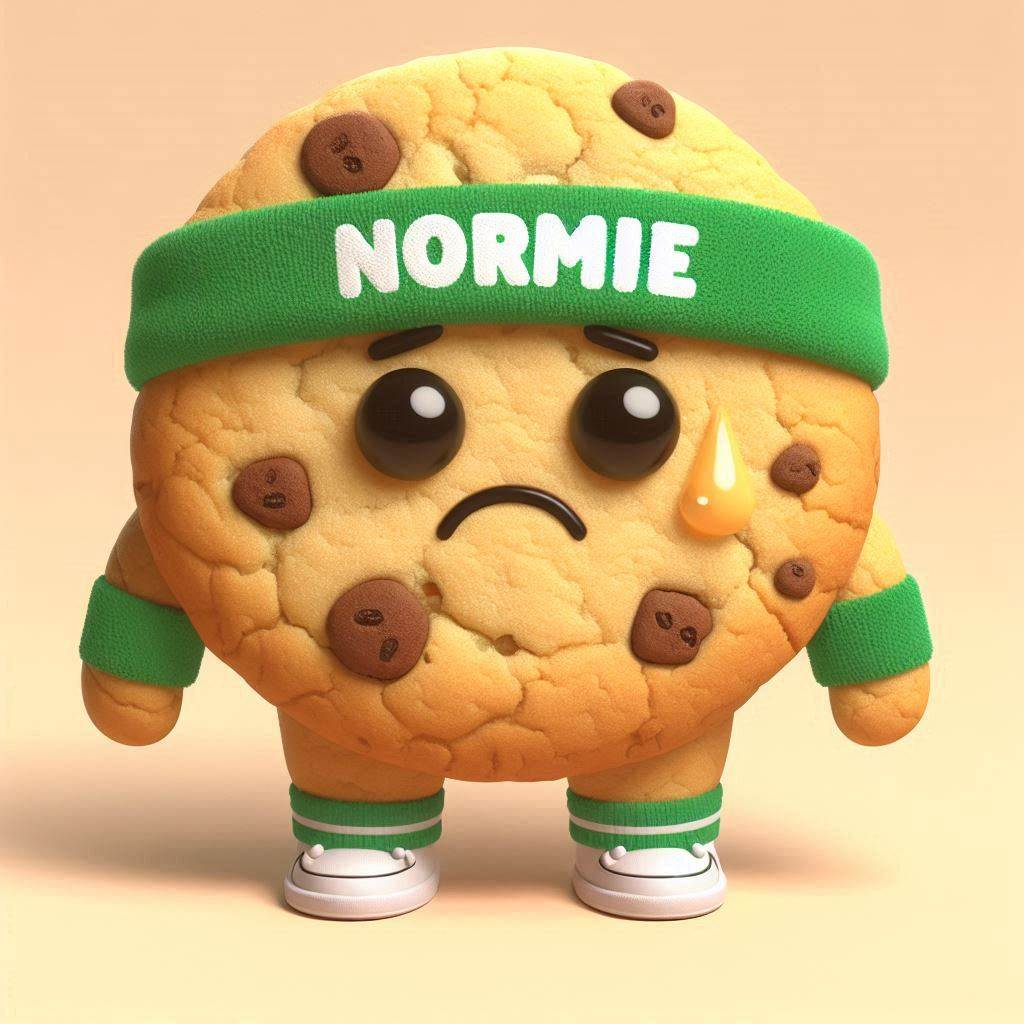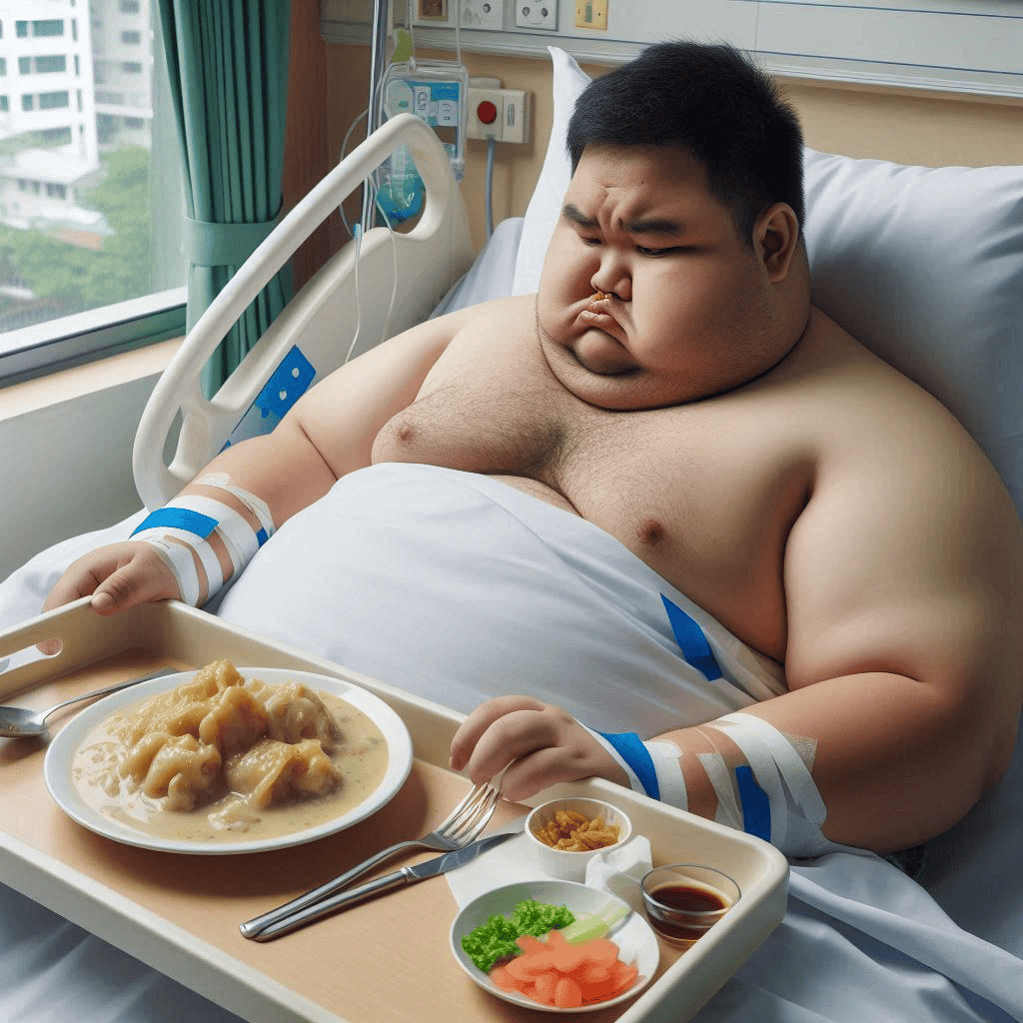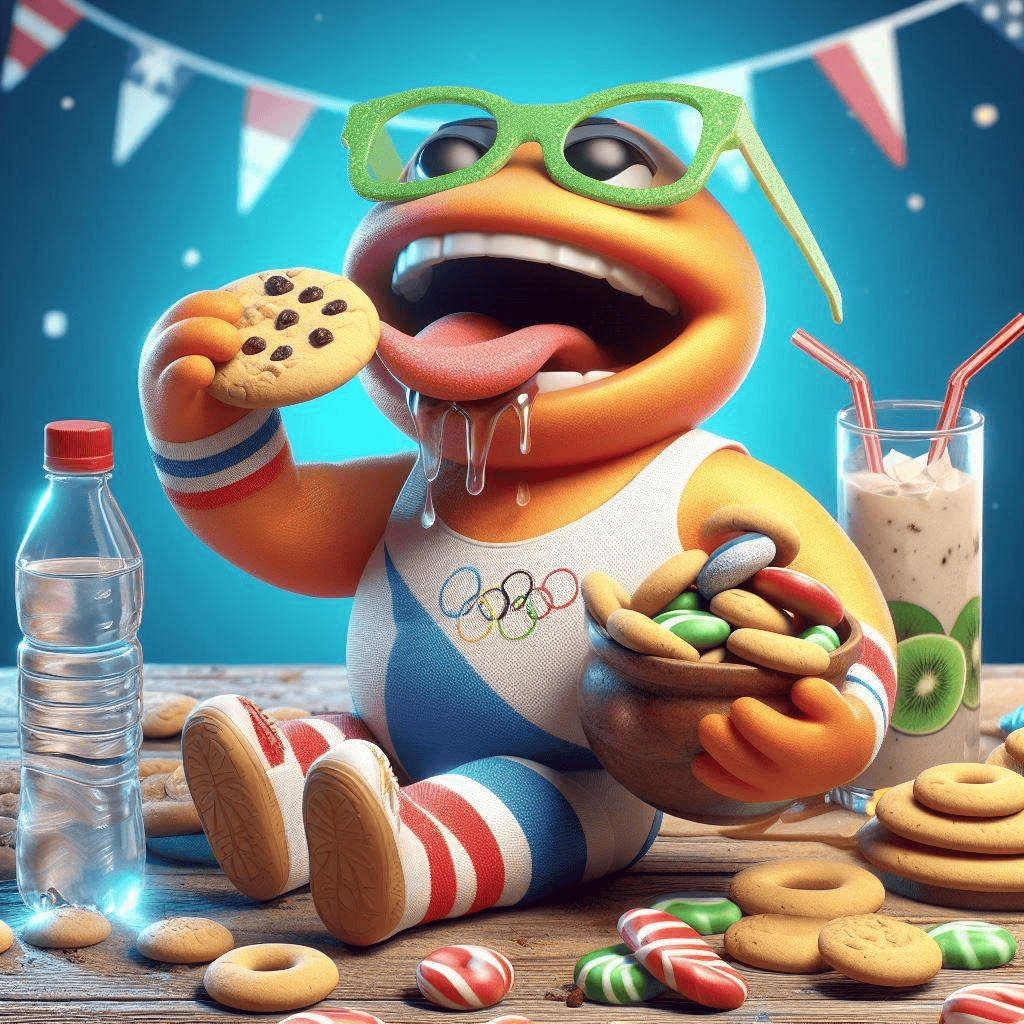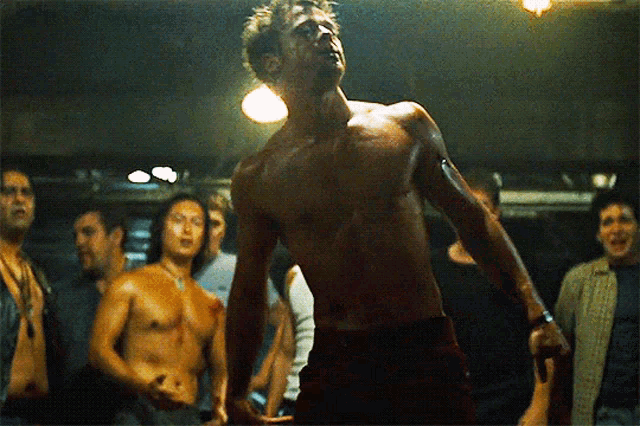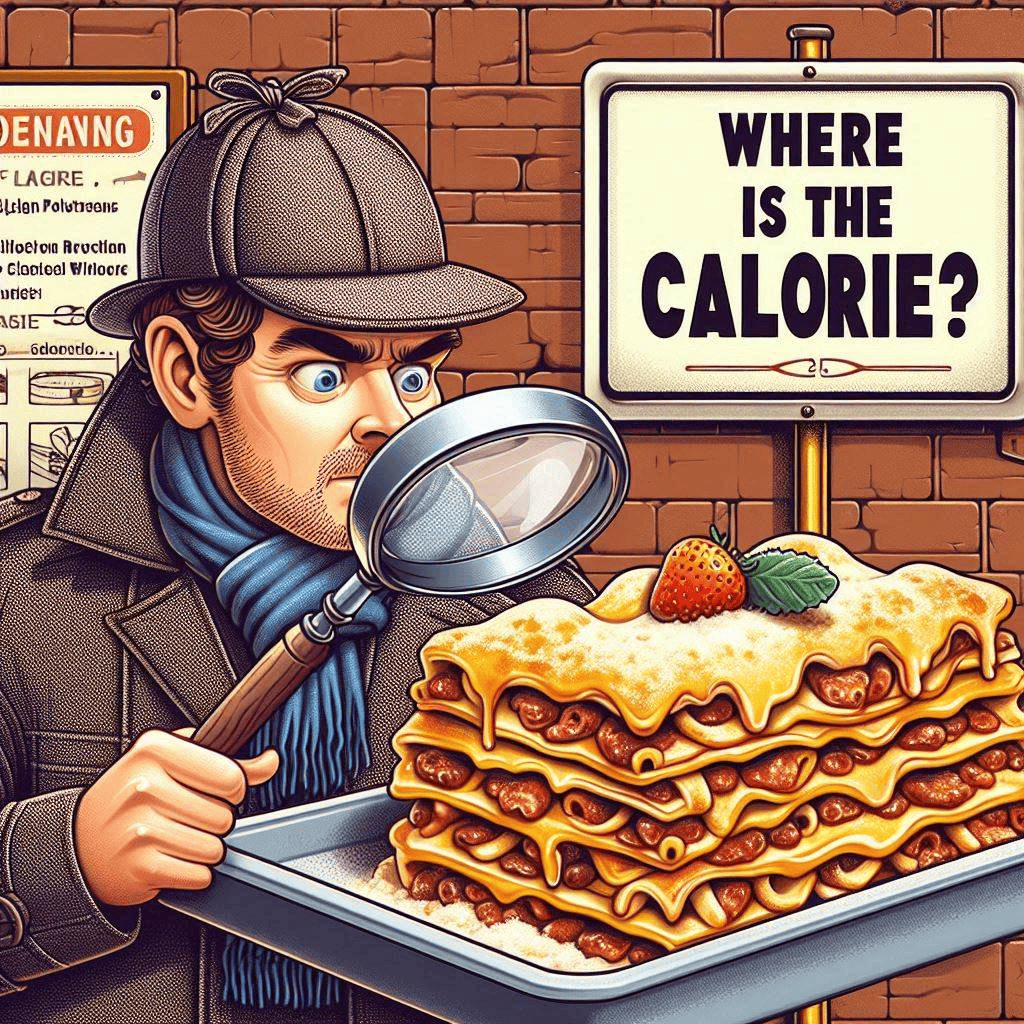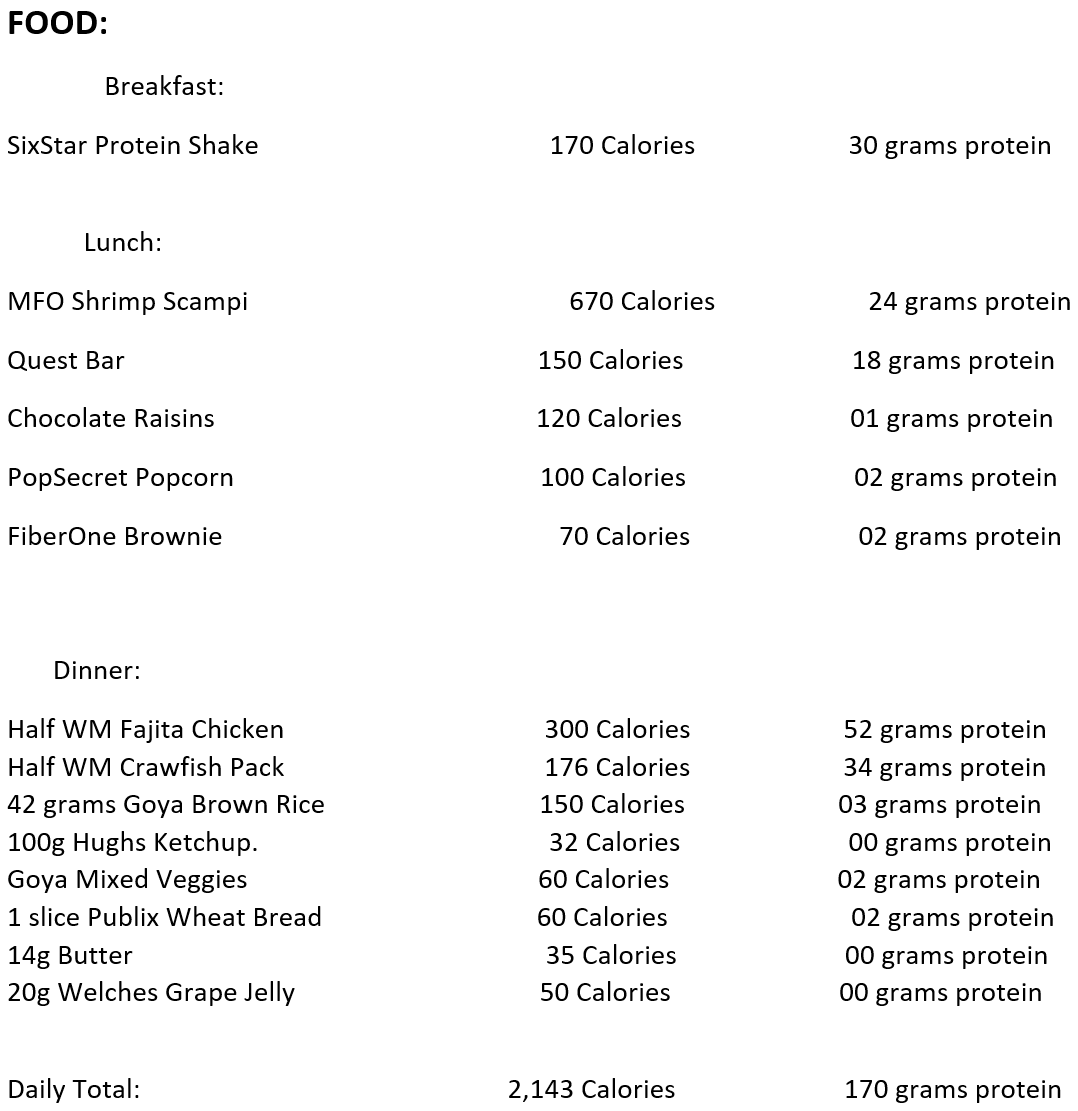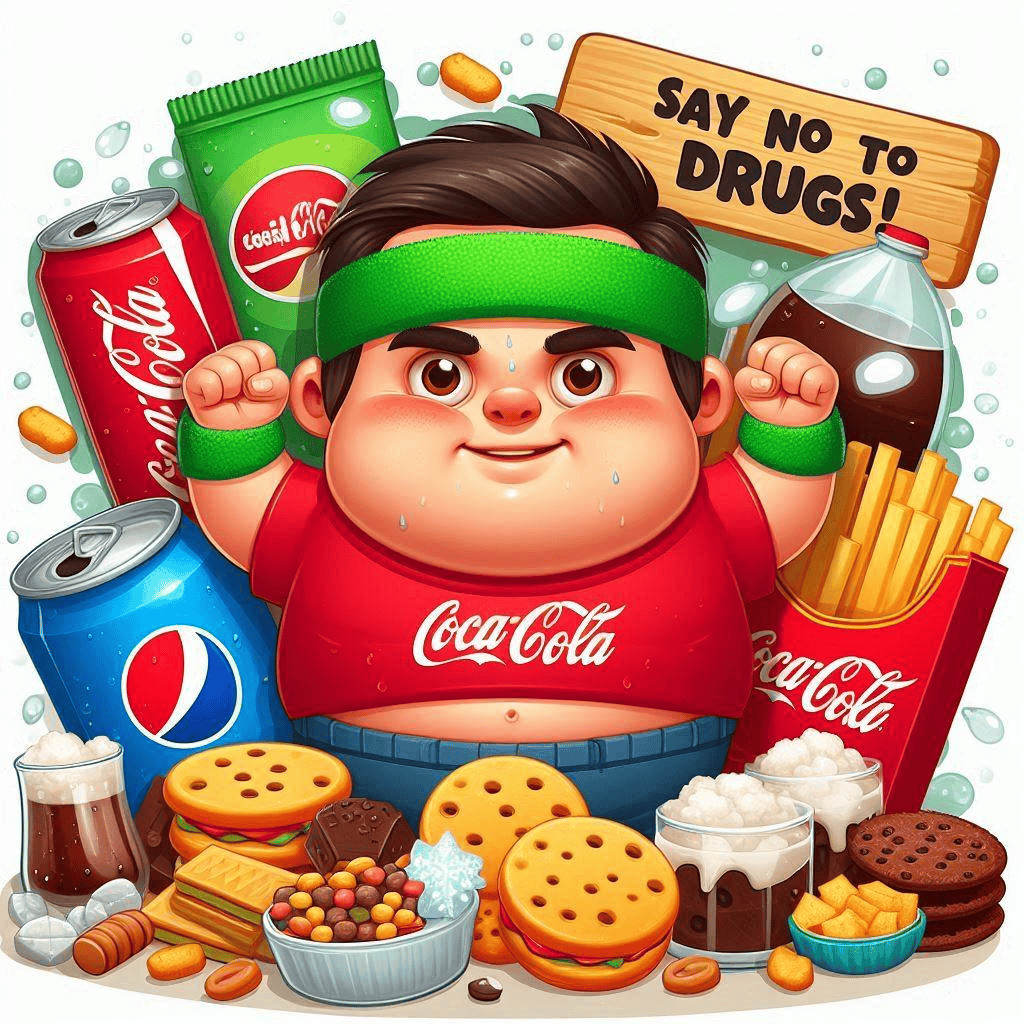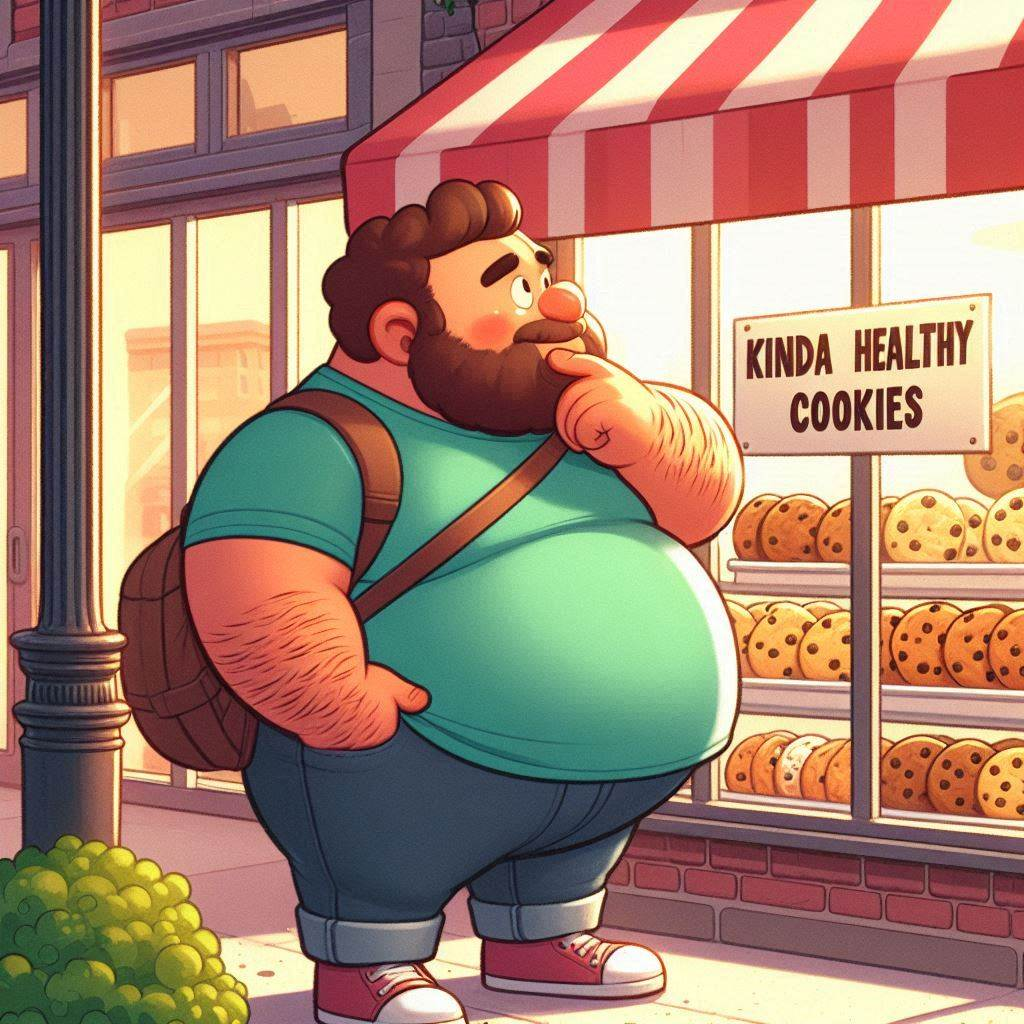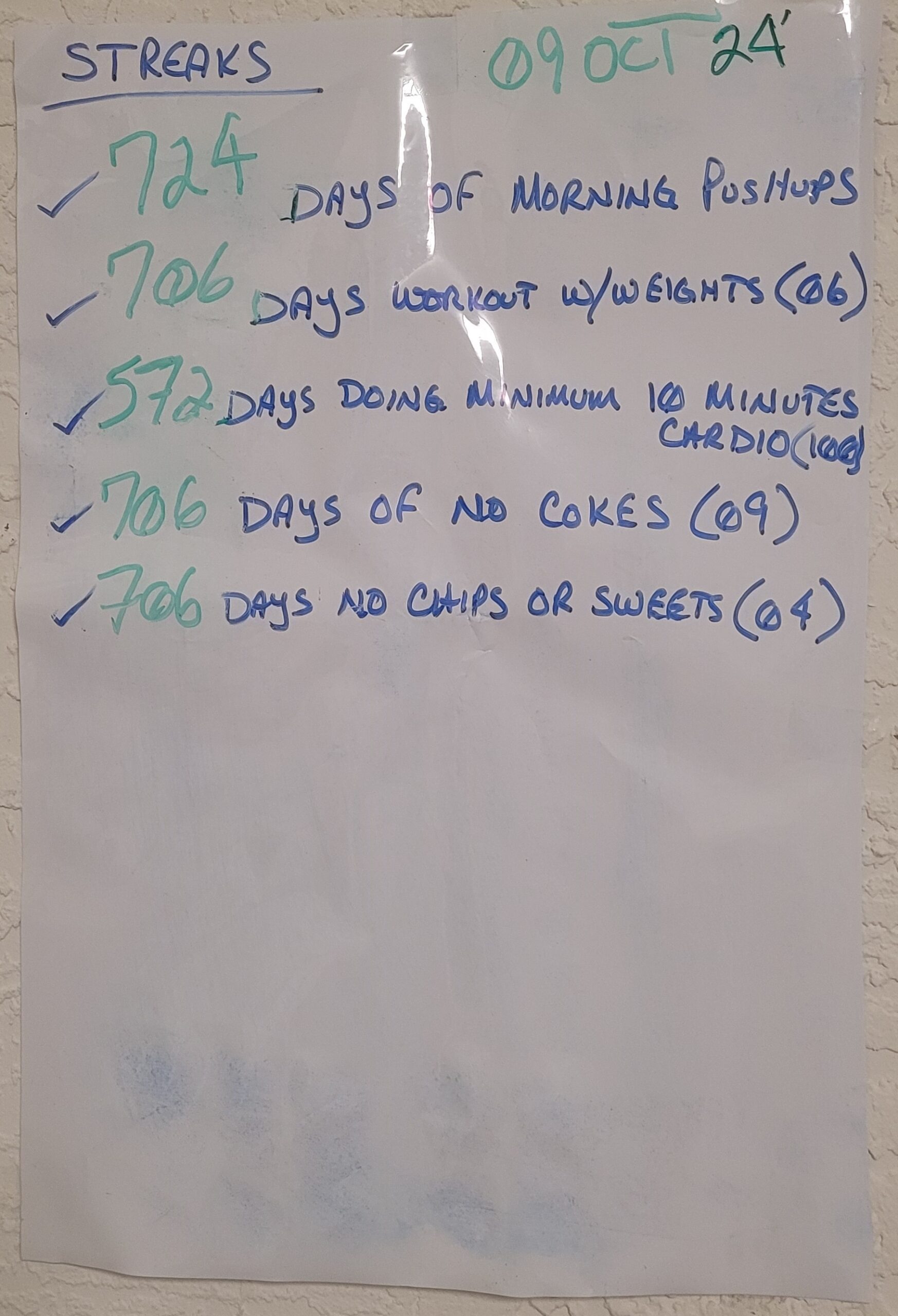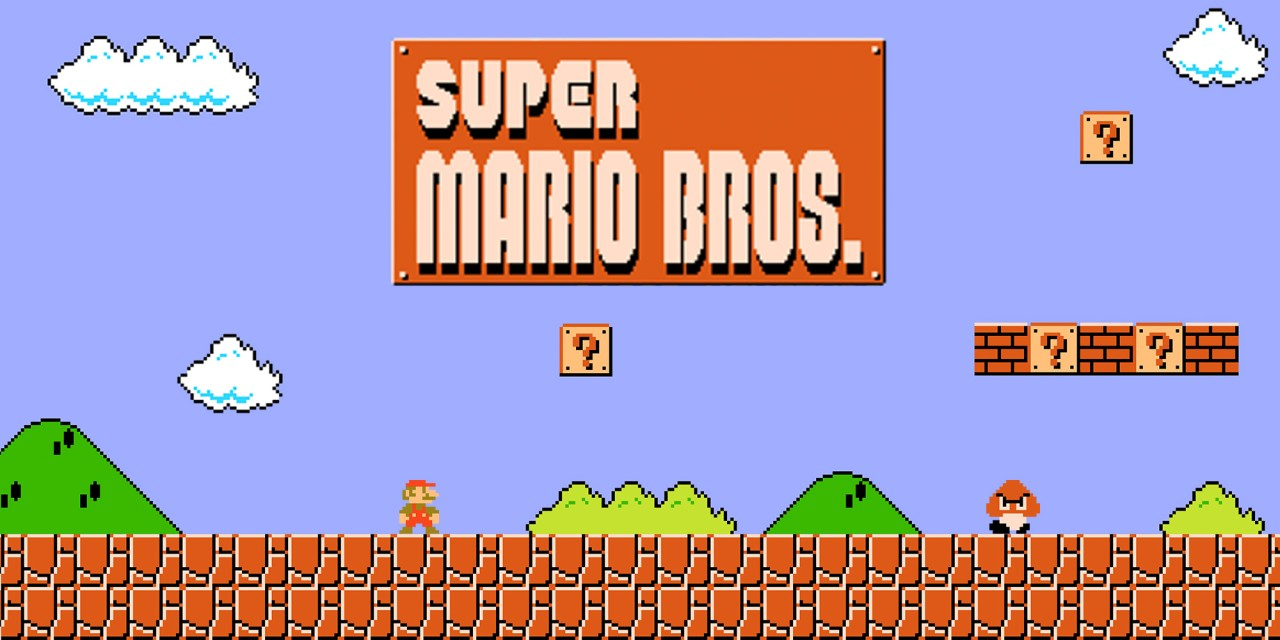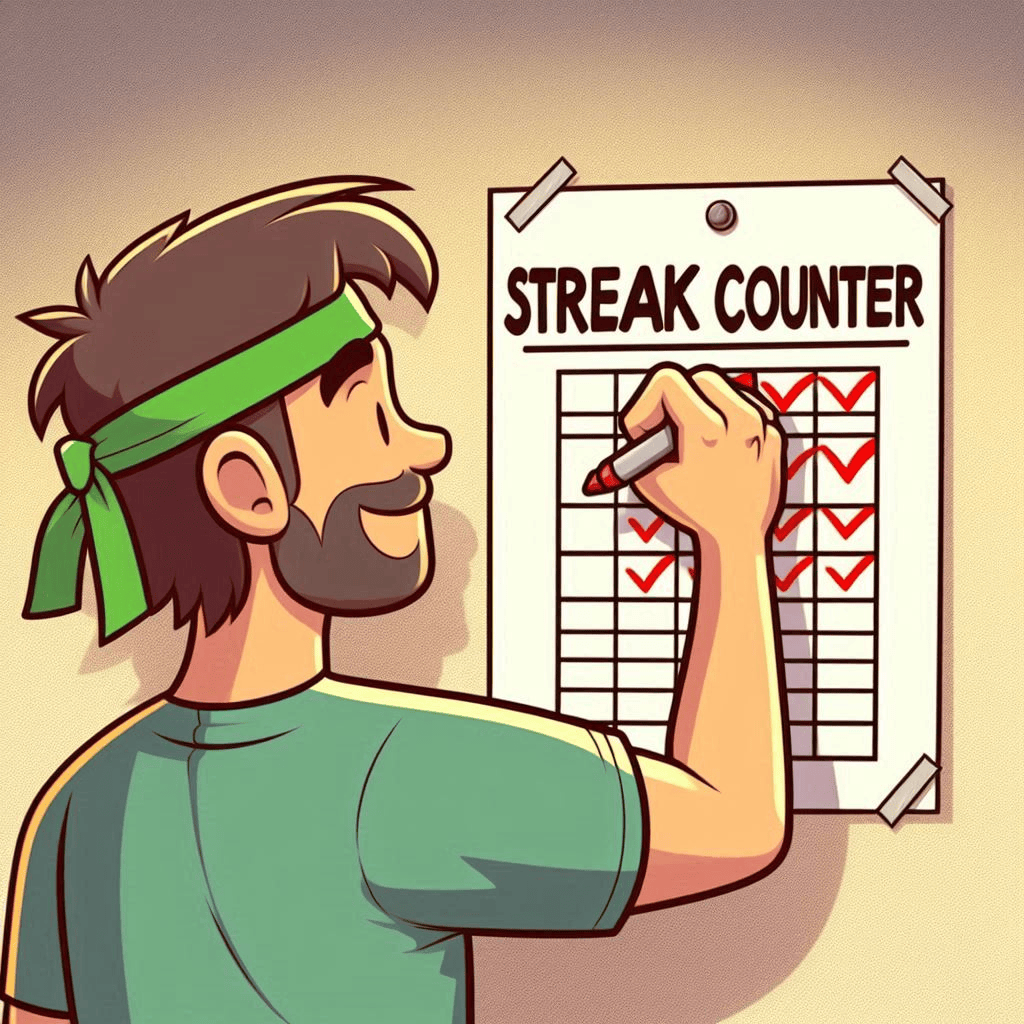The Stupid Simple Easy Weirdo Guide To Eating For Fat Loss! (Phase One!)
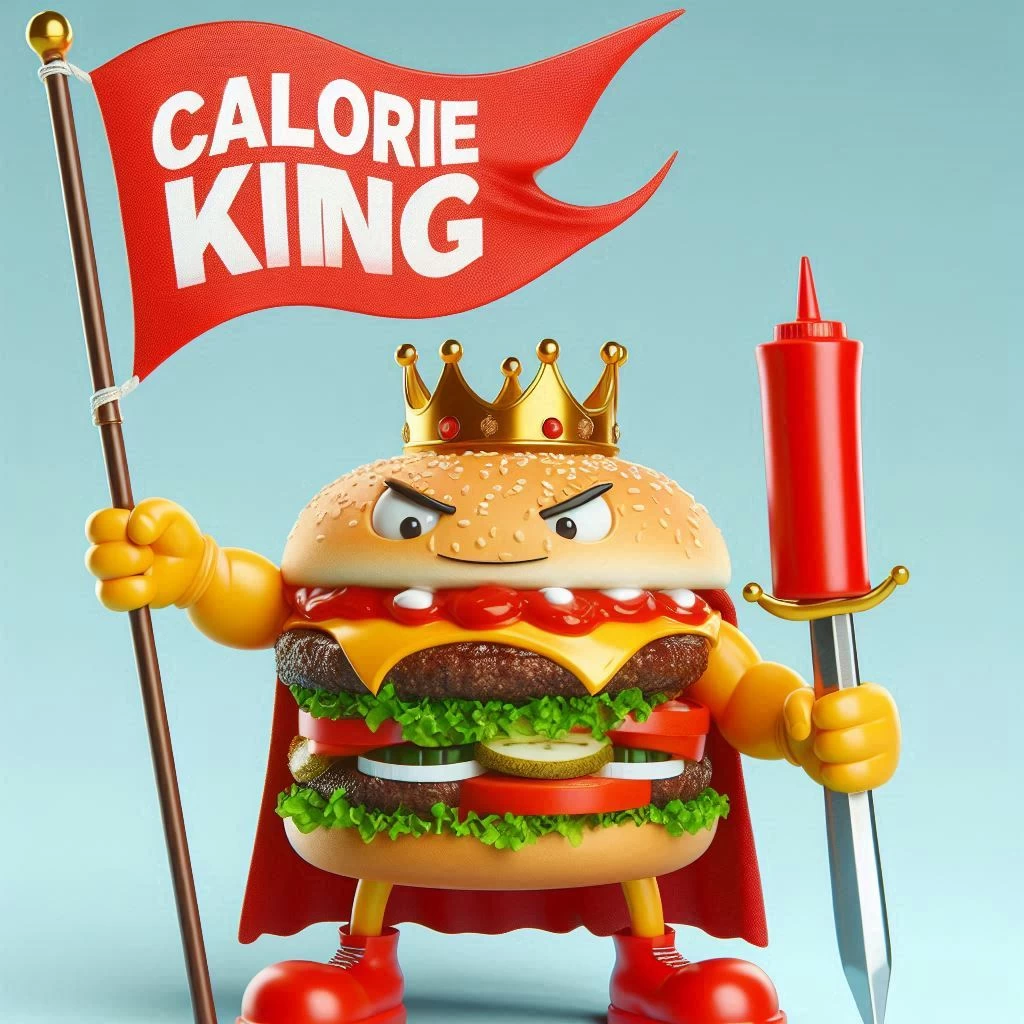
Calories Are King!
On first thought, I was gonna start this article by briefly explaining how humans gain and lose weight but then I changed my mind because I decided you probably already know how humans gain and lose weight, and I didn’t want to waste your time.
But then I went to a work conference in California.
This was a cyber forensics conference, so I was surrounded by a bunch of techy nerd types.
Super smart people.
All of them.
Anyhow, here’s the biggest takeaway I got from the conference: techy nerds are smart at techy nerd things but not so smart when it comes to fitness and weight loss things.
A quick example: I mentioned to one guy that I had stuffed my rice cooker into my suitcase and brought it with me (I bring the old girl everywhere!) and he was dumbfounded that someone could eat rice and still be in good shape.
I was dumbfounded that he thought you couldn’t. I love rice. I eat it nearly every night with dinner.
Another guy was one hundred percent convinced you can’t eat carbs and still lose weight.
Again…whaaaaat?!
I love carbs. I eat lasagna, spaghetti with meatballs, and pancakes all the time.
So let’s clear the air and set things straight.
It’s not carbs, sugars, fats, or even your level of physical activity that primarily dictates whether you gain or lose weight.
It’s calories.
Calories, calories, calories, calories, calories.
If you’re one of my fellow nerd friends from the conference then listen up because here’s the quick and dirty version of ‘Weight Loss for Super Smart & Nerdy Tech Dummies’.
The Weirdo Guide To
How Weight Loss Actually Works!
I’m sure many of you already know this, but your body needs lasagna food to properly function.
As humans, food is our fuel. It’s our power source. It’s our battery pack that energizes our muscles, fuels our brains, pumps our hearts.
Food keeps us alive. It provides all the required nutrients our body needs to properly function.
And because our bodies constantly need food to properly function, that means we have to keep shoving all kinds of ketchup covered slop in our hungry little mouths.
It’s a tough life, I know!
Switching gears, think of your cellphone for a second.
When you’re sitting on the toilet using your phone to scroll through Instagram, or to call your mom, or to text pics of yesterday’s food to your best friend, your phone is using up energy.
More specifically, it is using roughly one kilowatt of energy for every hour you use it.
So if you burn through 10 kilowatts of your phone’s energy, then your battery would be low and you’d need a recharge.
You’d plug your phone into the wall and charge it up, replenishing the power with 10 more kilowatts of electricity.
Food and our bodies work in a similar fashion.
Right this very second you are (hopefully) breathing, and you’re reading, and your brain is processing, and there are about a million other tasks your body is doing, all of which require energy.
Every single second, your body is using up energy. Whether you are asleep or awake, it does not matter. Energy is still getting used. If you’re breathing, your body is using energy, and as your energy levels get used, you need to eventually replenish that energy.
But instead of charging our bodies with electricity (do NOT try this!) we replenish our bodies with calories, which is a form of energy that comes from the foods we eat.
A calorie is simply a measurement of heat energy. More specifically, one calorie is the amount of energy needed to raise the temperature of one gram of water by one degree Celsius.
As an example, if our body needs 2,000 calories a day in order to keep us breathing, and thinking, and moving, and functioning, then we would need to replenish our body with 2,000 calories per day.
Most of you are probably aware of this. For many of you, it is not the knowledge of how fat loss works that you need, it’s the application of how to make fat loss happen.
It’s the doing, not the knowing.
But for those not aware of how fat loss works, let’s keep learning before we dive into all the ninja methods of how to make fat disappear forever.
Back to our example…if our body needs 2,000 calories per day to properly function but we eat 2,500 calories, those extra 500 calories must go somewhere.
And they go into our thunder thighs and latch onto our double chins.
They turn into fat.
Our bodies store these extra calories as fat for the same reason you store snacks in your pantry. Because one day, if times get tough and food gets tight, they will be needed.
And that’s how fat happens.
By consistently eating more calories than our bodies can burn.
Now to lose weight, we would do the exact opposite. If our body needs 2,000 calories a day in order to keep us breathing, and thinking, and moving, and functioning, then we would need to replenish our body with less than it needs.
Our bodies would then have to dig though its fat pantry and use some of those stored fat calories that it placed on our bulging bellies and flabby arms so that they could be used as energy to keep us breathing, and thinking, and moving, and functioning.
It’s as simple as that.
If you eat more calories than your body burns, you gain weight.
If you eat less calories than your body burns, you lose weight.
Every single fad diet in the world (and yes, this includes Paleo, Keto, Atkins, Intermediate Fasting, and any other diet imaginable) works on this same principle.
The primary function of all diets is to create a system where you eat less calories than your body burns.
As an example, let’s take a look at the Paleo Diet, also known as The Caveman Diet. It essentially consists of only eating foods our ancient ancestors could obtain by hunting and gathering. Things such as fruits, vegetables, lean meats, fish, eggs, nuts and seeds. The primary purpose of this diet is to deter you from eating all those other high calorie/processed foods like fruity pebbles, donuts, and chocolate molden lava cake. The theory is that if you don’t eat all those high calorie foods, then you won’t end up eating more calories than your body can burn.
Keto, Atkins, Mediterranean, Low-Carb, and many other diets have their own specific set of rules, but the underlying purpose of these diets remain the same: eat less calories than your body burns.
That’s it.
That’s the magic to weight loss.
It’s being in a calorie deficit.
To lose weight, all you need to worry about is calories.
There’s no point complicating it and fretting about fats, or carbs, or ketons, or macro this and micro that.
CALORIES!
Now I’m not knocking on any one diet; look, if one or more of them work for you and you can stick to one of those diet methods consistently, then you should definitely do it!
The problem is that a lot of people (myself included) are not able to consistently stick with these popular fad diets.
And by consistently, I am not referring to a thirty or ninety-day challenge. I’m talking decades, not days. Can you stick to one of these popular diet methods for the next five years? The next ten? For the rest of your life? If so, do that. If not, move on.
As I mentioned earlier, the true problem for most people isn’t that they don’t know how weight loss works. Instead, the problem is in finding a method of eating that allows for a caloric deficit while also being enjoyable enough to be maintained for a long enough time period to see consistent results.
The true and honest reason you are having trouble losing weight is because you are eating more calories than your body can burn, and you are eating more calories than your body can burn because of one of these three reasons:
- You know you are overeating, but you don’t care that you are overeating.
- You do not know when or if you are overeating.
- You know you are overeating but can’t seem to muster up the willpower to stop overeating.
Let’s tackle each of these issues individually so we can pinpoint which issue applies specifically to you and then we can determine a viable solution.
1.) You Know You Are Overeating
But You Don’t Care That You Are Overeating.
If you know you are overeating, but you do not care that you are overeating then I assume you have already made the decision to prioritize your current eating habits over that of your health. You have decided the sacrifice of making intentional changes to your lifestyle is not worth the goal of losing weight and transforming your body.
Make no mistake, there’s nothing wrong with this decision.
This is nothing to be frustrated or ashamed about.
Good on you for being honest with yourself, rather than lying to yourself over and over on what you intend to do but then never actually doing it. Be happy in your decision and be content and satisfied with yourself and your body exactly as you are!
Fitness and weight loss is not for everyone and that is okay, however, unfortunately, I do not foresee any information past this point as being beneficial to your journey. However, I wish you the best on all future endeavors. In the future, if your priorities change, then I am happy to help you reach your weight loss and fitness goals in any way that I can.
2.) You Do Not Know If You Are Overeating.
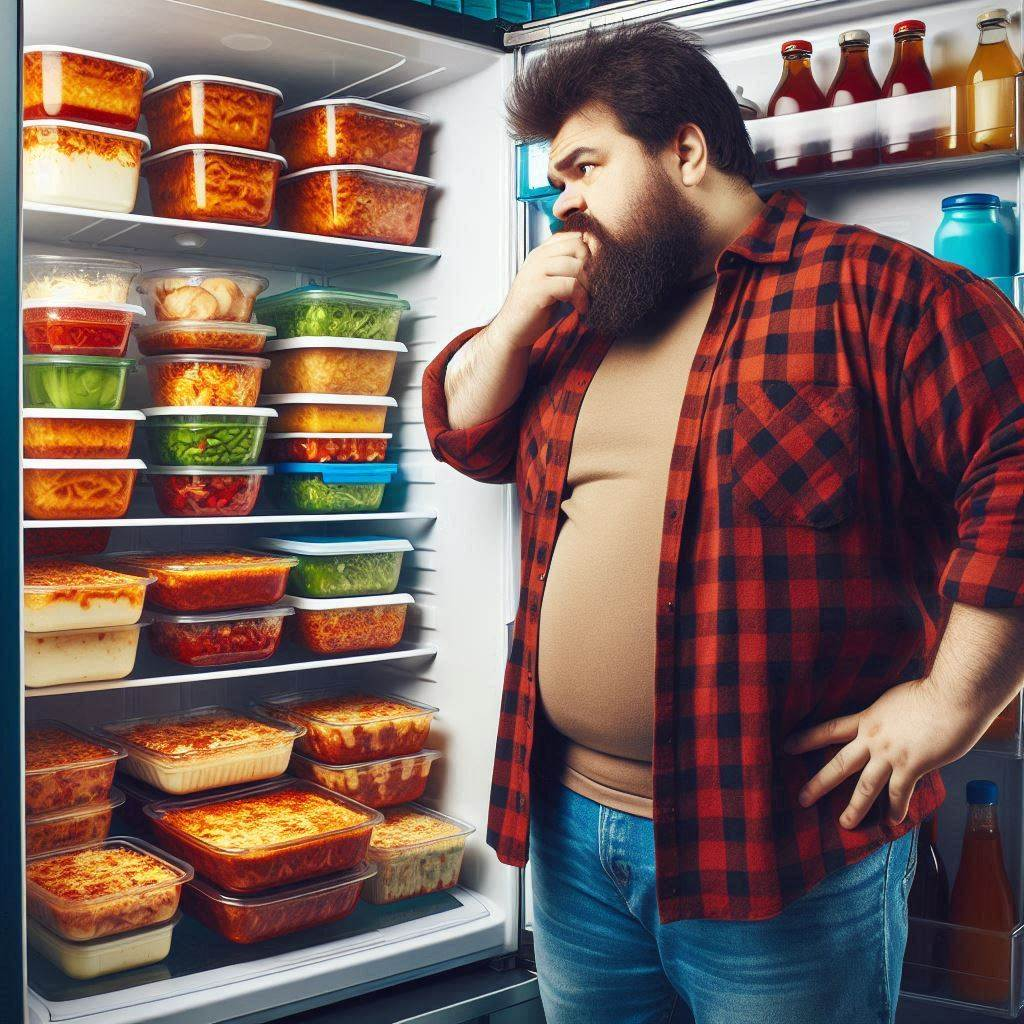
For everyday normal machines, we have so many convenient little gadgets and gizmos and widgets.
Need to know your car’s fuel level? A nifty little gauge makes it quick and easy to check.
Is your car running low on fuel? A persistent dinging alarm will notify you.
Getting close to overfilling your car’s fuel tank? A sensor will automatically click-stop the gas pump.
For our bodies on the other hand…there are no fuel gauges, no alarms, no automatic shutoffs to prevent overeating.
We get hungry, or bored, or stressed, and we eat.
And then we eat a little more…
And then we eat just one more cookie…
And we drink one more soda.
And the next thing you know, our pants are too tight.
We’ve gotten fat!
How in the heck did that happen?
As you now know, it happened by consistently overfilling the tank.
Which reminds me of an interesting fact regarding normies. Do you wanna hear something crazy?
If you were to ask a hundred everyday normal average Americans how much fuel the gas tank in their car holds, fifty out of a hundred would know the answer.
Half.
Fifty percent of people.
But if you were to ask those same hundred people how many calories they can eat before they begin to gain weight, no more than five would know that answer.
Five people.
So only a measly five percent of people know how much lasagna can go down their throats before they begin to get fat.
Here’s the truth, the vast majority of people treat their vehicles with more respect than they treat their very own bodies.
Sad, but true.
But you and I, we’re the odd balls, the Weirdos, the ones who have decided to be different.
And a big part of being different is knowing the answer to that one question that a whopping ninety-five percent of Americans do not even care to know the answer to.
How much food can you eat before
you start getting fat?
A few weeks ago, one of my coworkers asked me what I was eating to stay in such good shape.
“Lasagna and Coke Zeros,” I replied.
His response…
He chuckled and fired back with, “Said no one ever.”
He completely did not believe me. He thought I was playing around, that I was joking.
But here’s the truth.
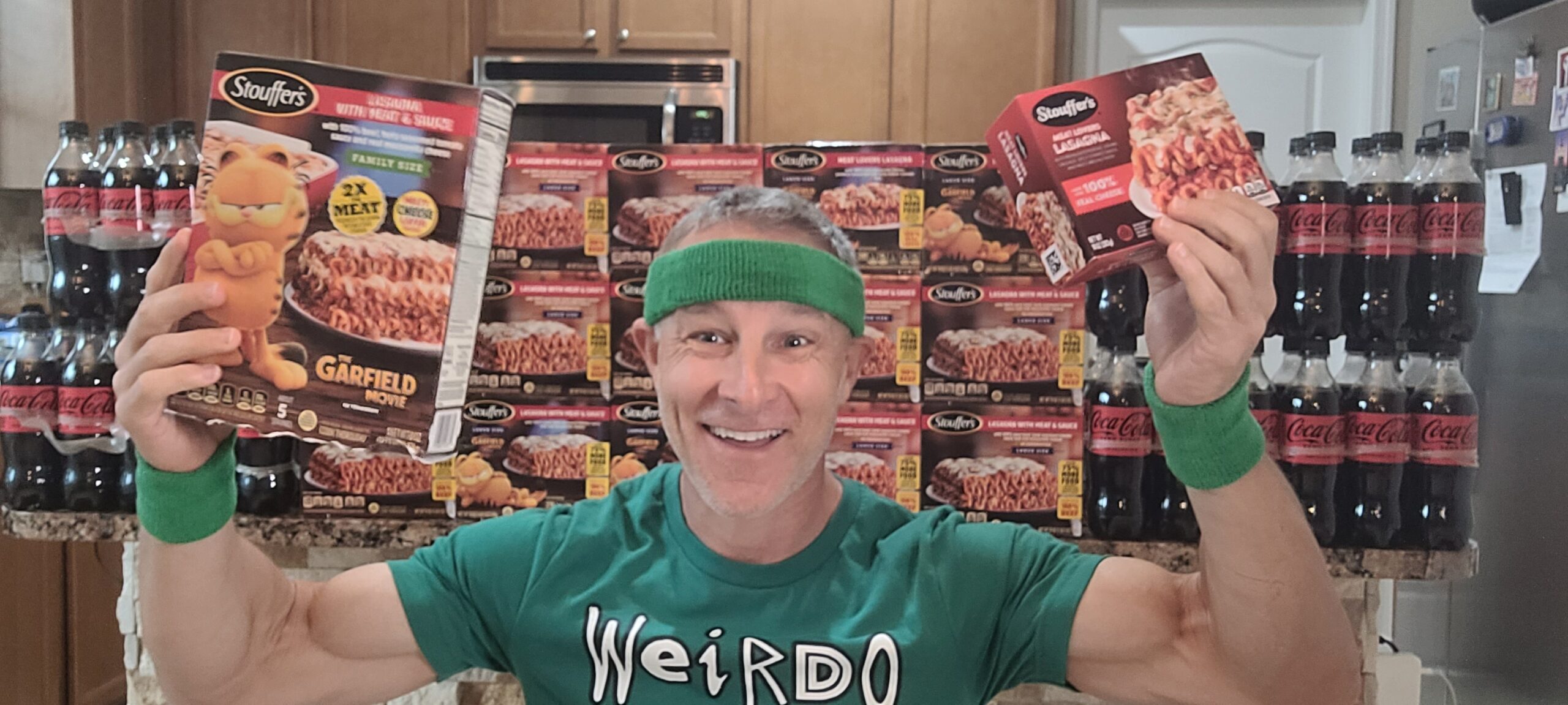
You can eat the foods you love and still get in the best shape of your life.
You absolutely can.
There’s no secret to it at all.
There’s no magic.
There’s only math.
With that said, first I want to show you exactly how I ate when I was in ‘weight loss’ mode. (I lost over forty pounds of fat eating like this!) And then I’ll show you how I have progressed to where I’m at now in my eating habits.
But before we begin, let’s address the nagging fear that you and many others are already bracing to hear. It comes in two words. They may be the most frightful two words in the history of humanity. They’re the words the boogieman whispers under your bed at night.
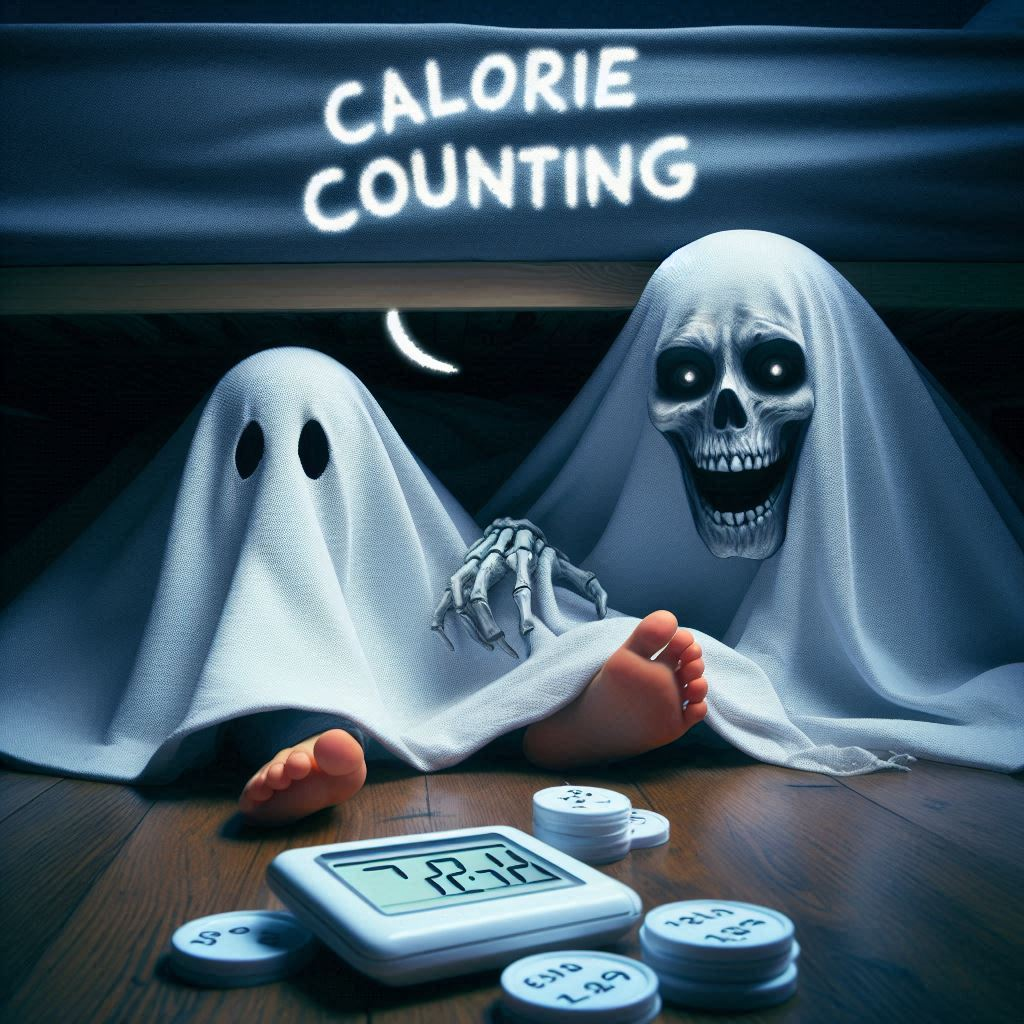
Now before you run and scream in horror, I get it. I hear your concerns and skepticism. You may be thinking you’re not gonna be able to count calories all the time. Well…take a breath, because you don’t have to. I don’t count calories all the time either. You may be thinking you’re not gonna be the lame duck at a restaurant doing calorie math on a calculator when you’re with friends and family.
I get it.
No one wants to be the psycho that keeps hassling the waiter: “Hey! Uh…excuse me again, how many calories are in these mashed potatoes?!”
You don’t need to go to any of those extremes.
Remember, our goal is to make this entire process as easy as possible, because, again, your brain will revolt if we make the food too restrictive or the process of tracking calories too cumbersome.
Both your subconscious brain and your conscious goals must be happy and in agreement with one another.
Please stick with me here.
I know counting calories sounds like a pain, but it is much easier than you think.
Moving on.
For me personally, before I lost any weight, I had to figure out how much I could eat. How much was too much? I needed to know how many calories I could put in my mouth before I started gaining any more weight. Basically, how much would my tank hold before my body received more calories than it could burn and then had no choice but to start storing these calories as excess fat.
Here’s the bad news: you will never get a completely scientific fail proof number for this.
As we discussed earlier, the number of calories your body needs are determined by how many calories your body burns. And your body burns a different amount of calories every single day. This is based on a whole host of factors, which includes how active you are throughout the day.
But even if you are the most boring bee in the hive, and all you do every single day is wake up, eat two bowls of Fruity Pebbles, watch Youtube videos until lunch, eat Lasagna, watch Netflix until dinner, eat a cheeseburger with fries, and then go to bed, your body will still burn a different amount of calories day-by-day.
Even though you do the same activities every single day there is always some variance that will cause your body to use more or less energy than it did the day before. Maybe you take a few extra breaths one day, maybe you take an extra bathroom break one day, maybe you walk to the mailbox one day, maybe you yawn, burp, fart, hiccup, whatever…all these things require your body to use energy.
But now the good news: you don’t need to come up with a completely scientific fail proof number of how many calories your body burns every day.
You only need a round-about-kinda-close number, which is great because not all us Weirdos are calorie accountants and math nerds.
When I started on this journey, I ended up using one of the many online body composition calculators. They’re quick and easy and give us a roundabout number of how many calories our bodies typically burn in a day.
You can find the exact one that I used here: Calorie Calculator I Used.
There are literally thousands of these calculators on the interwebs, but this one actually ended up working pretty well for me. Here’s how it works.
You’ll see this screen when you get to the webpage.
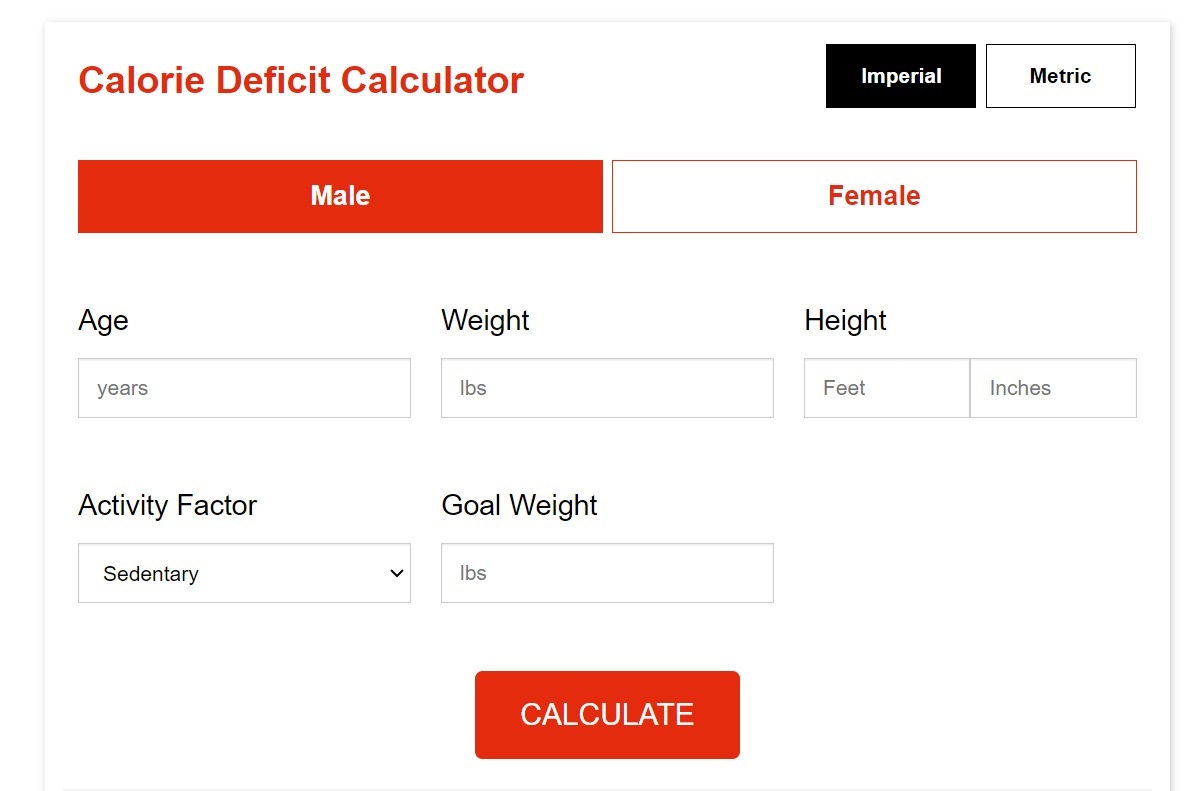
Enter your data and click on ‘Calculate.’
A screen like this will then be displayed:

The only two numbers you really need to pay attention to are TDEE and RMR.
TDEE stands for ‘Total Daily Energy Expenditure,’ which is just a fancy pants way of saying this is the number of calories your body burns every day.
Essentially, TDEE is your fuel tank level. It’s how many calories you can put in your mouth before your body begins to overfill and is then forced to store those excess calories as fat.
Again, is this number one hundred percent accurate?
Absolutely not.
But that’s okay because we only need it to be relatively close.
You’ll see in my above example that my TDEE is 2,441. Based on that number, if I were to eat 2,442 calories then 2,441 of those calories would be used by my body as energy but that one extra calorie would not be needed and would be stored somewhere on my body as fat.
If I were to eat 2,451 calories and my TDEE is 2,441, then 10 calories would not be needed for energy and would be stored as fat.
If you’re wondering, it takes 3,500 calories to create one pound of weight gain. And the average person gains five pounds per year. This means the average normie is typically eating 17,500 extra calories per year.
Are you doing the same?
Are you lounging on the donut pool floatie at Camp Normal?
To answer this, let’s revisit the underlying question of this entire section:
Are you overeating? How can you tell?
In all honesty, there are two sure-fire guaranteed methods to establish whether you are eating more calories that your body is able to burn. One method is by counting the calories you are eating. Today, if you were to count every single calorie that goes into your mouth and that number is higher than your Total Daily Energy Expenditure (TDEE), then you are overeating. That would mean the number of calories you are putting in your mouth are more calories than your body can burn.
But, if you like, we can skip all that effort and determine if you are overeating by being honest with this one simple question:
Are you currently overweight and trying to lose weight?
If your answer is yes, then you are overeating.
It’s honestly as simple as that. If you are overweight, it’s because you’re eating more calories than your body is able to burn.
It’s easy to shy away from this, to deny it, to blame genetics, or thyroid problems, or a slow metabolism, or low willpower, or a host of other things, but when all the excuses are boiled down and drained from the pot all that is left is this: if you are overweight then you are eating more calories than your body can burn.
That is how weight gain occurs.
You may not think you are overeating. You may even be counting your calories religiously and ensuring that the calories you eat are less than your TDEE.
Even while doing that, you may still be gaining weight.
If that is the case, then either your TDEE is inaccurate, or some of the nutrition labels from the foods you are eating are inaccurate (which is not entirely uncommon), or there are some calories you are accidently forgetting to include in your calculation (ketchup, cooking oils, sodas, alcohol, etc.)
But the one accurate thing we know for certain is that if you are gaining weight, it’s because you are taking in too many calories.
Now the question is, what to do about it.
Again, like we discussed in the previous chapter, you have three different options.
1.) The first is to do nothing. You can simply continue to eat as you normally eat while continuing to try all the popular fad diets. With this option, you’ll get what you’ve always gotten. You’ll lose a little weight, feel pretty good about yourself, then gain the weight back, feel pretty terrible about yourself. You’ll stay in this perpetual state of frustration, where you cycle through periods of being fat and tired and out of shape. Where nothing seems to work, no matter how hard you try. Eventually the years will pass and you’ll either change your mind and decide to start eating different or one day you’ll completely give up and just accept all your excuses and justifications as reality (that you can’t lose weight because you’re too old, or because you weren’t born with enough self-disciple, or because you’re genetically inept). If you accept those excuses as truth, then you’ll stay fat and tired and out of shape, but you will finally have accepted it and will stop putting in anymore effort to combat it. Essentially, you would have wasted time, energy, and frustration in a failed attempt at reaching your goal of looking, feeling, and being your best self.
2.) The second option is to commit to change. With this option, you realize that if you are going to reach your goal of weight loss and fitness then you are going to have to start eating less calories than your body burns. This doesn’t mean you have to eat less food; it means you have to eat less calories. You are going to have to mix up your eating habits. You’re going to have to be more conscious of what goes in your mouth. This doesn’t mean you have to eat chickpeas, salmon, and salads all the time, but it does mean you’re going to have to make some strategic choices about when that Domino’s pizza goes down your throat and how much of it you’re going to eat. Once you make this decision and begin to implement these new habits, you will begin to lose weight, you’ll have more energy, more motivation, your clothes will fit better, you’ll look better, you’ll feel stronger, you’ll have more self-confidence, more ambition, you’ll sleep better, you’ll find that you have a renewed level of self-respect for what you have accomplished.
3.) The third option is knowing that you will have to eat less calories than your body burns but making the conscious decision to not make that sacrifice. Essentially, you decide the goal is just not worth it. You decide to stay as you are. With this choice, you accept it. You accept that you will gain weight on pace with everyone else, with all the normies, which on average is five pounds per year. You accept that you are going to buy bigger clothes year after year. And in all honesty, other than the obvious health concerns of obesity, in no way am I saying this is an option you should not choose.
Again: the ultimate goal is happiness.
If eating how you always eat, while staying at your current weight is making your life better than changing your eating habits and getting in good shape, then maybe that is what you should do.
Either way, you need to decide on how you want to live and on what would make you the happiest.
For me personally, as much as I love food and as much as I love to eat and as much as I don’t much enjoy exercising, I could not accept being overweight and tired and feeling how I felt about myself.
I hated being fat and chubby.
I hated how tired I always felt.
I hated where my self-esteem was at.
I hated how my clothes were fitting.
I hated seeing myself in pictures.
I hated the example I was setting for others.
I hated every single thing about being overweight.
So for me, I could not accept it. I couldn’t continue to live that way. There was no way I was going to give up trying to lose weight and get back in shape.
But that is me.
And you are you.
If you are the type of person who is okay with being overweight and normal, then that is okay. Because there is nothing wrong with being overweight and normal, but when you are overweight and normal and also angry and frustrated and unable to accept being overweight and normal, then you have a problem. Then there is something wrong.
When your weight and frustration are affecting your happiness then it’s time to either accept that you’re going to make the necessary sacrifices required to reach your goals or you need to accept your body as it is and learn to be content and happy in that decision.
But to continue to crave the goal while being unwilling to do the required things to achieve your goal, that is self-torture.
And life is way too short to live that way.
So my message to you is this:
Choose!
Are you willing to make the necessary changes to reach your goals and to change your life? Or will you be happier accepting and living as you are currently living with the body you currently have?
Choose!
Moving on…
To those few brave Weirdos who have not yet departed…
3.) If you know you are overeating but can’t seem to muster up the willpower to consistently stop overeating.
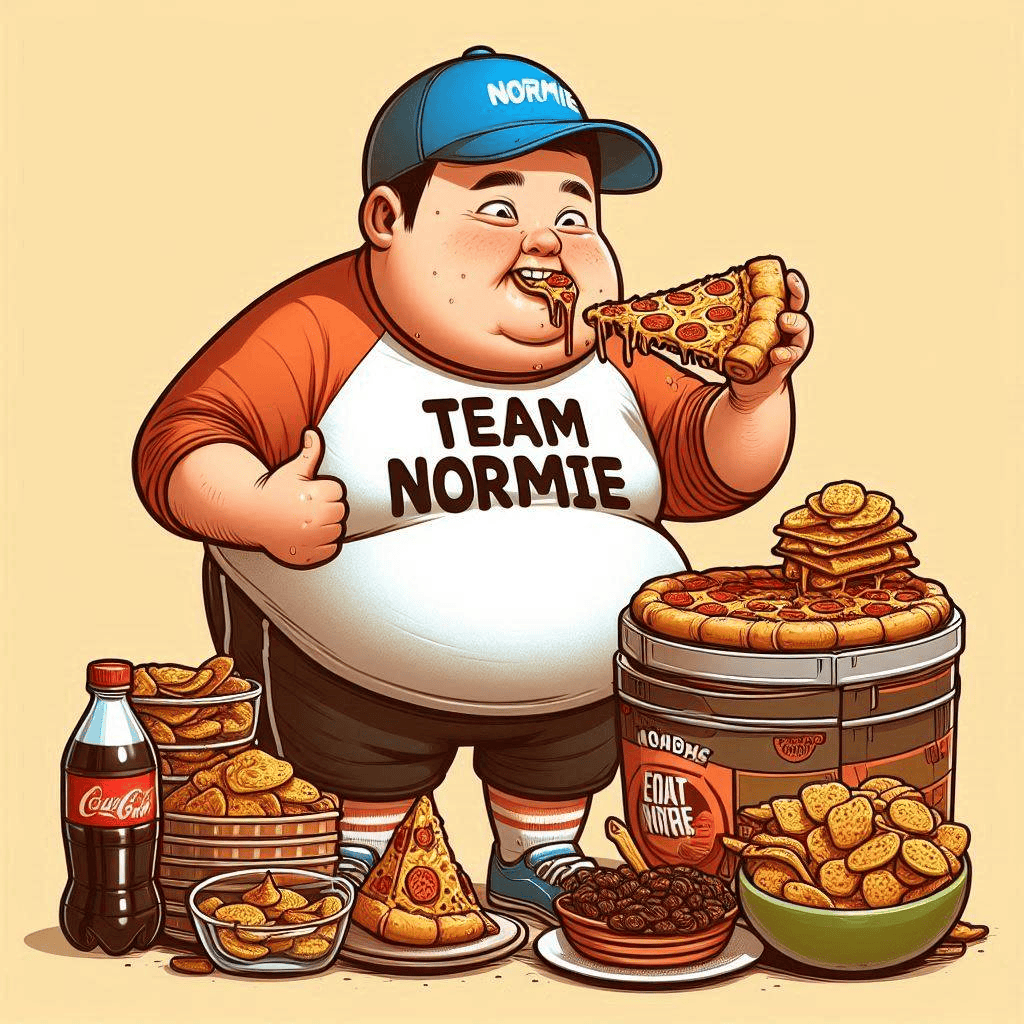
Maybe you’re thinking this is all a bit much. Maybe you’re just wanting to lose five pounds, ten max. Maybe you’re not trying to go all crazy about fitness.
Look…I get it.
But here’s the honest truth: whether you’re trying to lose five pounds, fifteen pounds, or five hundred pounds, the principles of weight loss remain the same.
To lose weight, you have to eat less calories than your body can burn.
Sure, the person losing five pounds will be able to make less dramatic lifestyle changes in order to experience less of a weight loss change. But there still must be a consistent change that is made.
A consistent change.
Those are three very important words that normies tend to ignore.
Most people will only commit to short term temporary changes. They focus on cutting back on their unhealthy eating habits for a short period of time, maybe they cut back on eating out for a while, or they do a thirty-day ‘No Alcohol Challenge,’ or a ninety day ‘No Chocolate Challenge.’
Basically, they go on a diet without realizing that diets are essentially a waste of time and effort.
Here’s why…
Because once someone successfully completes a diet and they lose those five or ten pounds, what do you think they do next?
You guessed it. They head right back to their dealer to get more dope.
They’re feenin at Five Guys, or at the liquor store, or at the donut shop.
They’re ready to start the entire process all over again.
I call this ‘Riding the Fat Boy Rollercoaster.’
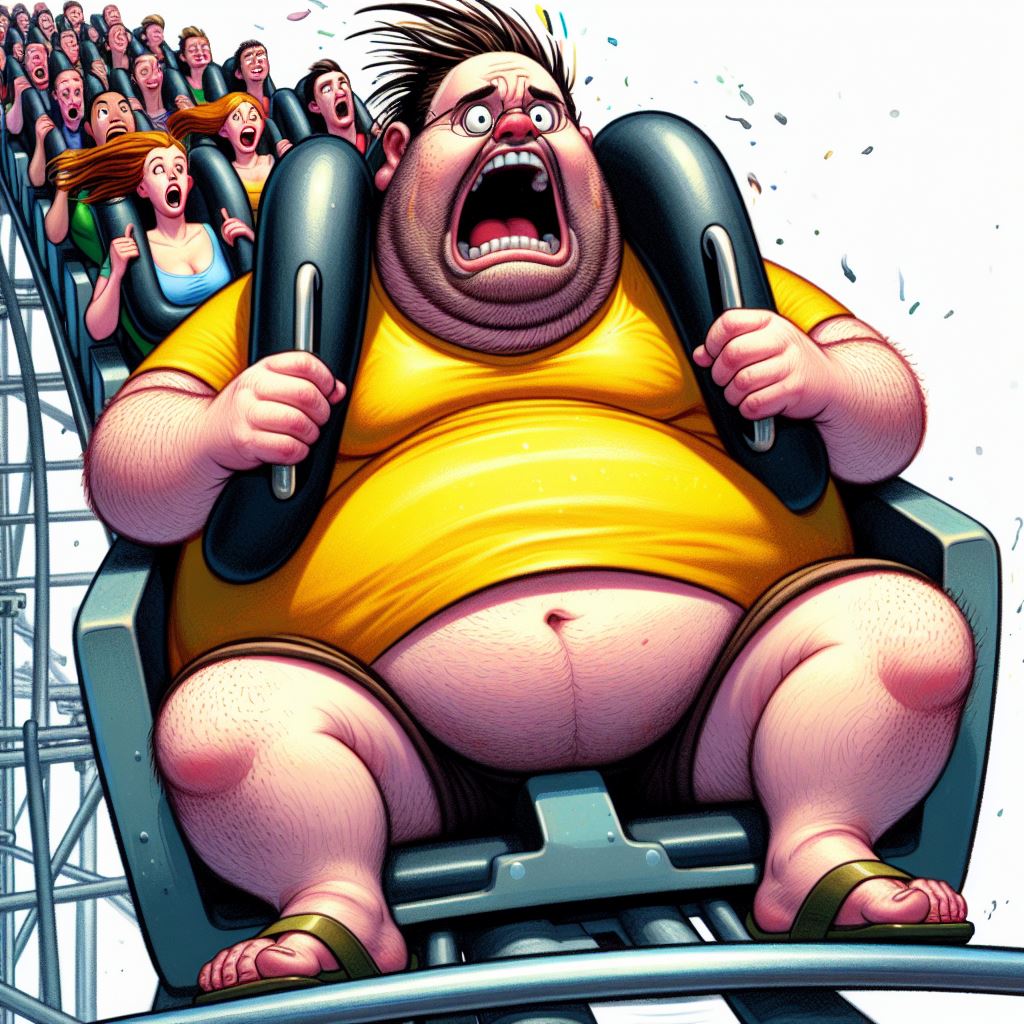
It’s where your weight goes up and up and up, and then you go on a diet and lose a decent amount of weight only to watch it go right back up again.
I went through this cycle for years.
At one period in my life, I was religiously counting calories but still eating like the Cookie Monster. I convinced myself that because my self-disciple was so weak, I would focus primarily on gaining muscle, rather than losing fat.
If I was going to eat like a madman, I thought I should at least be getting something productive out of it. So I promised myself I would work out every day.
That was the deal my conscious mind made with my subconscious brain. “Okay,” it said, “you can keep eating guilt-free but only if you keep track of how much protein is going in your body and also keep working out every day to build muscle.”
This didn’t last all that long.
At least the working out consistently didn’t last all that long. The eating like garbage lasted much longer.
Anyhow, I dug through some of the ancient files I have on a thumb drive and found some of my ‘Food Logs’ from those days.
Looking back through these logs, it’s pretty simple to see why my weight loss attempts were so disastrous.
Take the month of September 2022 for example.
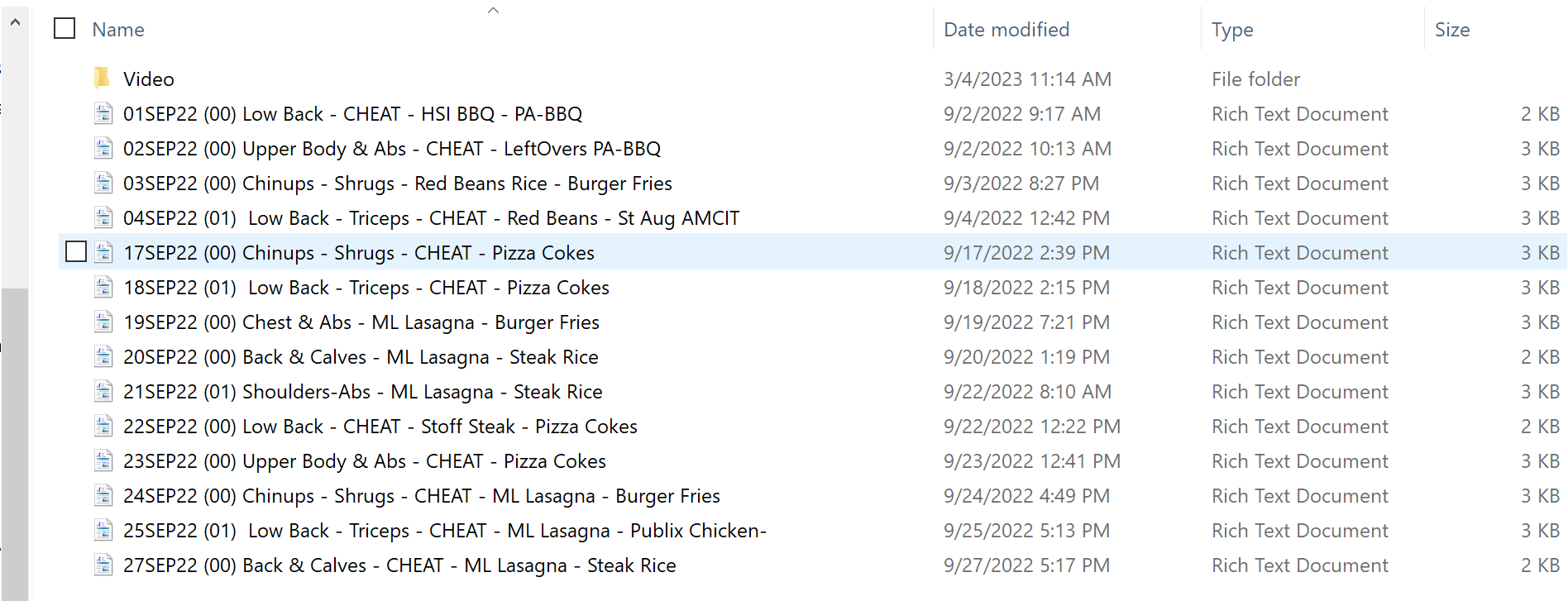
As you can see, there are a lot of cheat days in there.
Even worse, all those days where I didn’t log anything, those were days I really went off the rails. Those were fast food for both lunch and dinner days, followed by cookies and carrot cake and cokes and chips as snacks.
But here’s the interesting thing, I would start out great on the vast majority of days.
My routine was a protein shake for breakfast, a relatively healthy lunch, but then after lunch I would completely collapse.
Check out this day: June 21st, 2022.
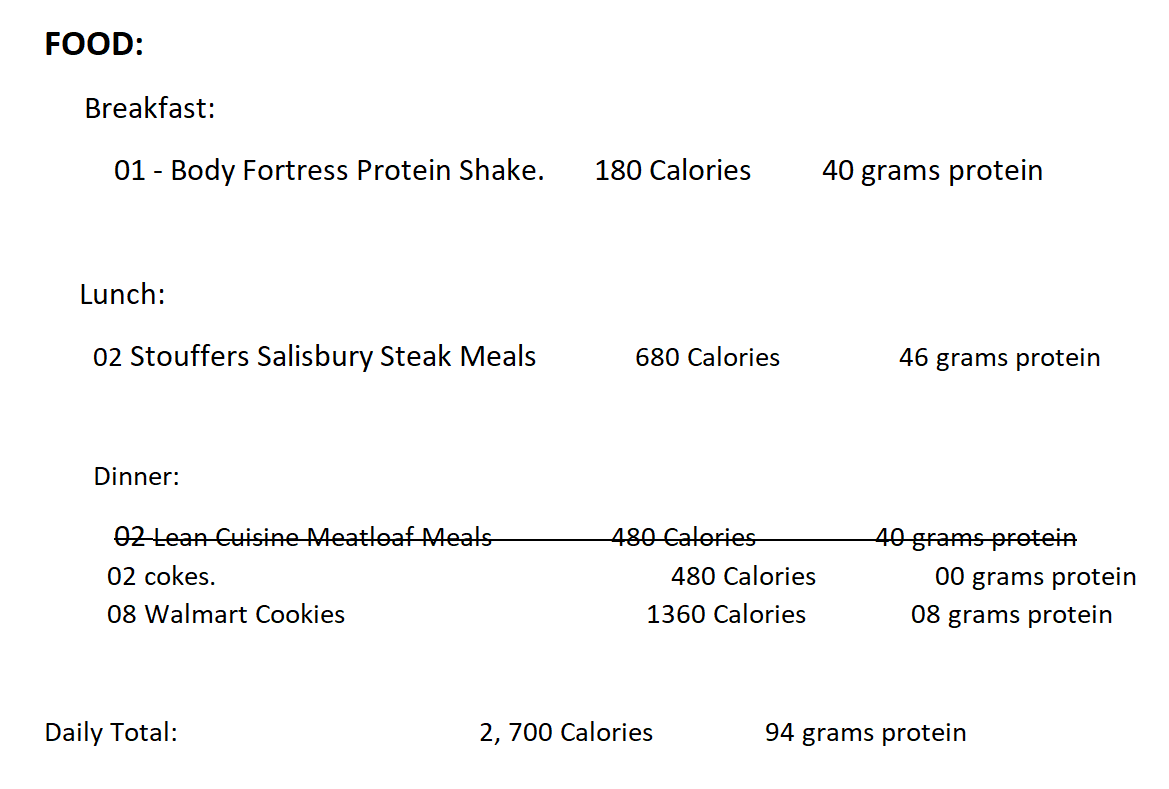
I actually had an entire carton of Walmart Chocolate Chunk cookies for dinner.
That was it.
That was all I had for dinner that day.
Just an entire package of Walmart Chocolate Chunk Cookies and two 20-ounce cokes.
I was always trying shortcuts and meal hacks like this.
I was always trying to be sneaky and smart. Always trying to discover a way where I could eat cookies and drink cokes and still lose weight and get back in great shape.
I wanted to keep my calories down while still feeding my evil little food addictions.
This cookie and coke diet didn’t work in case you are wondering. My TDEE at the time was 2,441 calories and I had eaten 2,700 calories, which means I had eaten more than my body could burn.
But what if I had fasted for both breakfast and lunch and then had an entire package of Walmart Chocolate Chunk Cookies and two 20-ounce cokes for dinner?
In theory wouldn’t that lead to weight loss? If the goal is to eat less calories than my body burns and I decided to simply skip breakfast and lunch and eat nothing but cookies and cokes for dinner, wouldn’t that cause the calories going into my mouth to be less than the calories my body burned?
Actually, it would. Surprisingly, I could have lost weight doing something like that.
Check this out:
- Breakfast: Nothing: 00 Calories/ 00 Protein
- Lunch: Nothing: 00 Calories/00 Protein
- Dinner: 12 Servings WM Chocolate Chunk Cookies: Calories: 1,680/ Protein: 24grams
02 Cokes: Calories: 480 Protein: 00
Daily Total: Calories: 2,160 Protein: 24 grams
With my body burning 2,441 calories but only receiving 2,160 calories, I would have been in a calorie deficient of 281 calories.
So I would have actually lost weight! By eating freaking Walmart Chocolate Chunk Cookies and two cokes!
There’s no magic to this weight loss game. There’s only math.
It doesn’t matter if you eat sugar or carbs or fats or whatever. All that matters is whether your body is getting more calories than it can burn or if it is receiving less calories than it can burn.
If you take air out of a balloon, the balloon gets smaller. Same concept with our bodies. But the big difference between a balloon and our bodies is that a balloon does not have muscles.
However, you and I do.
And in order for you to either increase or maintain your muscles, you need protein.
Think of protein as food for your muscles. Without protein, your muscles shrivel and shrink.
So if I were to continue with ‘The Amazing Chocolate Chunk Cookie Diet’ then I would eventually look like a Chocolate Chunk Cookie.
I’d be flabby and soft.
I’d be the dough boy.
I’d be skinny fat.
And being fat in any way, shape, or form was certainly NOT my goal.
My goal was to be toned and strong. My goal was to be in good shape, to have more energy, to be proud of myself.
So the question becomes:
How much protein do your muscles need?
The simplest, safest, easiest answer is that you should be striving to eat one gram of protein for each pound of your body weight.
When I started my weight loss journey, I weighted about 170 pounds (I’m 5’7″), so I was striving to eat 170 grams of protein everyday so I would not lose muscle.
To summarize, I needed to eat less than my TDEE of 2,441 calories in order to lose weight, and I needed to eat roughly 170 grams of protein everyday so that I would not lose muscle.
TDEE and protein are two crucial pieces in what I call ‘The Three-Piece Puzzle of Nutrition.’
All that is left, the third and final piece, is your Resting Metabolic Rate (RMR).
You already know that your body needs energy to function and that you get this energy from calories.
If you consistently give your body too many calories then you gain weight, but if you consistently give your body too few calories then you’re begging for health complications.
Calories provide the necessary energy so your body can properly function. If you consistently provide your body with less energy than it requires, then it will not be able to keep all functions of your body working, which includes your muscles, organs, and brain.
Our goal is to lose weight safely rather than losing weight with the Emergency Room diet.
To lose weight safely, you must eat (at least) the minimum amount of calories needed to keep you alive and healthy.
In order to do this, you should be focusing on consistently maintaining your calories at a level that is higher than your RMR.
You’ll find your RMR on the same calorie calculator you used to calculate your TDEE. Mine at the time was 1,627 calories, which meant I should focus on eating more than 1,627 daily calories so that my body would have enough energy to keep all systems functioning properly.
Now let’s put all this gobbly-goop together because it’s simpler than it all sounds.
Based on my RMR and TDEE, I was focused on eating between 1,627 and 2,441 calories every day to ensure weight loss. Because I weighed 170 pounds, I was focused on eating as close to 170 grams of protein so I would not lose muscle.
Seems pretty straight forward, but here’s a roadblock I kept running into:
When you are in weight-loss mode and eating less calories that your body burns, eating one gram of protein per pound of body weight feels like it is damn near impossible.
When I was focused on losing weight, I could never really hit my protein goal.
Not consistently.
Depending on where you’re starting and how much weight you want to lose, you may run into this same issue.
Here’s my best advice if you have problems meeting your protein goal while losing weight:
Don’t fret over it.
Yes, protein matters. Yes, you want to lose fat and not muscle.
But there are no hard and fast rules saying you must eat one gram of protein per pound of body weight to maintain muscle. Some studies show you should eat .4 grams of protein per pound of body weight. Other show .8, some say 1, some 1.2, some 1.4.
I only use a multiple of one because I’m lazy and terrible at math. I find using a multiple of one to be the quickest and easiest to calculate in my head.
The main point is that if you skip meals and only eat high calorie, low protein foods (like cookies, cokes, and chips) then your body will break down your muscles and use them as stored energy when the goal is to have your body break down stored fat and use that instead.
Basically, if you don’t use your muscles and don’t feed your muscles, then your body will decide it does not need those muscles.
And then you turn into a scrawny flabby marshmellowey human.
And that is not the weird we are trying to create!
Moving on…now that we know how many calories our body burns, and how many calories (and protein) we must eat to safely lose weight while retaining our muscles, the primary question still remains:
How Do You Create Enough Willpower To Consistently Eat In A Way That Guarantees Weight Loss?
Knowing how much you can eat is not enough. To lose weight and live inside a body you love rather than inside a body you are ashamed of, you must build up your willpower to a level where you can consistently stop overeating.
To do this, the first step is to figure out what you are overeating.
You must define the enemy.
For me, my enemy was snacking. More specifically, it was cokes, chips, Publix Carrot Cake, Publix M&M Cookies, King Size Almond Snicker Bars.
Yes, I also ate a good bit of fast food, but I could (and still can) meet my goal of eating less than my TDEE while still getting a sufficient amount of protein by eating fast food.
I just have to make sacrifices of what else I eat during the day, and what specifically I eat from the fast-food menu.
But no matter what I did, I could not meet my TDEE and protein goals by eating and drinking cokes, cookies, carrot cake, and chips every day.
Trust me I tried.
It seems strange and comical now but not being able to make those foods work within my TDEE and protein goals was extremely disheartening. Those were the foods I looked forward to every day. They were the foods I really loved to eat. Unfortunately, they were also the foods keeping me overweight and miserable.
I had to make a choice.
And so will you.
Because you have your own kryptonite foods and devilish habits keeping you from reaching your weight loss and fitness goals.
Maybe they’re not soda, and cake, and cookies, and chips, but if you’re struggling with weight loss and fitness then there’s a catalyst somewhere that’s causing the calories that go into your mouth to exceed the calories your body is able to burn.
For you, it may be alcohol. It may be specific foods you are eating at every meal. It may be ice cream. It may be dining out with friends and family.
Maybe it is something small but steady that has compounded over a long period of time.
Maybe your solution is as simple as switching to a lower calorie ketchup or substituting a high calorie drink for a zero-calorie option.
Or maybe you have an issue similar to mine, where you are an Olympic snacker and a professional binger.
Regardless of your own weaknesses, the first actionable step to reaching your weight loss and fitness goals is to pinpoint these extracurricular calories. What are they? Where are they coming from? When do they most frequently appear? How can you control or eliminate them?
How To Pinpoint Those Soul Crushing, Mouth Watering Extra-Curricular Calories That Are Causing 80 Percent Of Your Fat, Frustration, And Misery?
When most normies think of losing weight and getting in better shape they always think of what they need to do. Things like which workouts to focus on, which exercises to conduct, what gym to join, what diet to start, what supplements to take, which protein shakes to drink, what shoes to wear, what music to listen to, and on and on and on…
Very few, however, concentrate on what they need to give up.
And if you’re looking for the secret to weight loss and fitness…for the one absolute truth that is guaranteed to lead to your success, then it is this:
What you do is not nearly as important as what you avoid.
I made this mistake for years and years, and there’s no reason for you to do the same.
For me, I was trying to find workout routines and diet tricks that would allow me to lose weight and get in ‘Fight Club’ Brad Pitt shape all while eating cookies and drinking sodas every day.
Fun fact: There are no workout routines or diet tricks that will allow me (or anyone else) to lose weight and get in ‘Fight Club’ Brad Pitt shape while eating cookies and drinking sodas every day.
It’s not going to happen.
I have a friend who is constantly trying to out-cardio his beer calories by exhausting himself on the treadmill and the elliptical machine and the stationary bike.
But here’s the thing: no one can out cardio calories.
We were both, me and my friend, starting at the wrong freaking spot, with the wrong information, and with the wrong expectations.
At some point, if you are serious about seeing results, you must accept reality.
I had to accept that I could not continue to eat as I was eating and still achieve my goals.
My friend (as much as he wants to) will never lose a significant amount of fat until he accepts that he’ll either have to slow down or find a lower calorie substitute for his beer drinking habits.
Somewhere, somehow, there are foods and calories going into your mouth that are preventing you from obtaining your own weight loss and fitness goals.
Does that mean you have to completely give up any foods or drinks entirely?
No, it doesn’t.
What foods or habits you give up or change completely depends on you.
It depends on your goals.
It depends on how you want to look and feel, and what you are willing to sacrifice in order to look and feel that way.
However, what I am saying is that if you don’t make any sacrifices, then you will not get any results.
Many of you, like me, already know your kryptonite foods. Maybe they’re lurking inside a cookie carton. Maybe they’re in a Coca-Cola bottle. Maybe they’re at Outback on Saturday night when you meet up with your closest friends. Regardless, wherever they are, we will soon discuss how to go about defeating them, but for those who are baffled as to where these menacing little calories are hiding, our first step is to locate them.
This step is extremely important in achieving your goals because if you cannot define the foods, meals, or habits causing your weight gain, then you have little chance of creating a long-term effective weight loss solution.
So first, if you have not done so already, you must determine your TDEE.
If you do not know where your weight gain is coming from, then this step is crucial. Because it’s impossible to determine how many calories are being stored on your body as fat if you don’t first determine how many calories your body actually needs as energy.
Again, to calculate your TDEE, go to this website and input your data.
As an example (and for simplicity with numbers), let’s say that your TDEE is 2,000 calories.
Armed with your TDEE of 2,000 calories, the fat-killing question now becomes ‘What foods, snacks, or drinks are consistently going into your body that are consistently causing a calorie surplus of more than 2,000 calories?’
Again, many of you already know which foods are causing you the most damage.
For those who don’t, pay attention to any high calorie, low protein foods, drinks, snacks, or meals.
Keep in mind that these ‘extracurricular calories’ could actually be coming from foods you perceive as being healthy. They could be coming from the protein drink you normally drink with breakfast, or the avocado you have as a snack, or the egg salad you have as an appetizer at dinner.
Many people will happily eat or drink these items thinking they are being healthy, but, in reality, it is the very food or drink that is pushing their calorie intake over their TDEE.
Sometimes, these so-called healthy foods are the actual foods causing your weight gain.
If you have eaten 2,000 calories for the day (your TDEE), but you then eat one single apple after dinner, then the 95 calories from that ‘healthy’ apple will be the very thing that causes you to gain weight.
Your body will have burned 2,000 calories for the day, but you will have provided it with 2, 095 calories.
Your body doesn’t care whether the excess calories came from an apple, an oreo, or a chicken breast.
Calories are calories, and eating too many calories (no matter the source) will cause you to gain weight.
To find out where your excess calories are coming from, we have to seek and destroy.
To do this, we must first get a relatively accurate count of how many calories you are consistently eating on a day-to-day basis.
Continuing to try to lose weight without first accomplishing this step is like having a water leak that is flooding your house but refusing to search for the leak.
You must locate all the extra calories that are overflowing as fat into your thighs, stomach, arms, neck, etc.
Normal people play guessing games with this, not taking it serious at all.
They’ll assume.
They’ll guesstimate.
They’ll cheat themselves.
Meh, a banana is okay, they’ll think. They’ll say things like, I don’t need to pay attention to a few eggs, or this salad is definitely low calorie, or this drink is only 30 calories.
Normies are historically terrible at this game of gathering the pieces of their nutritional puzzle.
If guesstimating calories were a professional sport, normies would be the Carolina Panthers.
They are terrible.
In all honesty, most people just don’t take this seriously.
They try for shortcuts instead of focusing on details.
They would rather fudge numbers and cut corners to make themselves feel better about their eating habits rather than being completely honest and actually moving towards the accomplishment of their goals.
Look…I can rant about this forever, but the truth is that you can guesstimate if you want. No one is going to stop you. But if you want to create a body you are proud of rather than a body you merely accept, then you are much better off just sucking it up and going Sherlock Holmes on your calorie numbers.
In my experience, sometimes it’s just faster and easier to do things the right way.
This is one of those times.
This doesn’t mean you have to turn into a calorie Nazi. You don’t have to chase down and interrogate the waiters or waitresses at restaurants.
Some foods and some meals simply won’t have nutritional values attached to them.
And this is okay.
Just do your best.
So here’s a homework assignment for those who are actually serious about losing weight. For the next 5-10 days, do your absolute best to log every single calorie that goes into your body, no matter how small or how inconsequential it may seem.
Having a cup of coffee with your bagel? Jot the coffee calories down on a napkin. Jot down the calories for the bagel as well. Jot down the calories for the cream cheese you slathered inside the bagel too.
Do the same for snacks, drinks, lunch, dinner, and desserts. Do it for everything that goes into your mouth. For 5-10 days, be religious about it. Be weird about it. Make others roll their eyes.
Is this necessary?
Yes.
Will this be a bit weird?
Yes.
Will this be a bit inconvenient? Yes. Will it be a bit of a pain in the butt? Yes. Wouldn’t it just be easier to hop on the elliptical for a cool thirty minutes?
Yes, yes, and yes.
But doing this is what makes all the difference between creating a version of yourself that is self-discipled, healthy, and happy versus continuing to live with a version of yourself that slogs through life everyday wishing they could somehow look, be, and feel healthier and more energetic.
As The Mandalorian would say: “This is the way.”
This is what ‘Being Different’ looks like.
This is what everyone else, all the Normies, are not doing.
It is what you have not done.
This is the difference maker.
This is what it takes.
So for the next 5-10 days, do whatever you need to do to track every single calorie that goes into your mouth. Use a food scale. Weight raw food before you cook it. Punch numbers into your phone’s calculator. Check nutrition labels. Pay attention to any calories listed on restaurant menus (many will have them, although some will not.) Do your best.
Like everything, at first this will seem janky and messy and confusing.
But if you just try, you will figure it out. You’ll get use to it. It will become easy.
Just try.
Just do your absolute best.
If you come across a meal, food, or restaurant that neither you nor Google knows the calories for, then simply label that meal, or snack, or drink as ‘Unknown.’
Don’t fret about it, just label it as such and move on.
At a minimum, you really need 2-3 complete days of tracking. So at least 2-3 days where you know the exact number of calories that went into your body for the entire day.
For the record, I’m not asking you to get on MyFitnessPal or any other website or app. I’m not asking you to get all fancy. Sure, if that’s easier for you then do that, but I still track the vast majority of my calories and I still log them on a very crude word doc.
Here’s an example of my simple method.
You do whatever works easiest for you. Use crayons if you want. Write on the walls. Write on the mirrors. Write on yourself. Do whatever works. We’re trying to create your perfect physique, not a perfect calorie tracking spreadsheet.
Once you have a minimum of 2-3 days of your calorie data, add up the calories for each day and determine whether the daily total number of calories going into your mouth exceeds your TDEE.
Go through your calories in detail and take a very close look at your eating habits.
Do your daily calories exceed your TDEE on each day you were able to track your calories? If so, why? Is there a trend? Are you snacking at roughly the same time every day? Are sodas cutting into your daily allowable calories. Is coffee? Is alcohol? Are you having appetizers with meals? How many meals are you eating per day? Two? Three? Four? Why were you not able to track your calories on certain days or for certain meals? Was it because you were dining out with friends, family, or coworkers? How often did you dine out? Was there a day or two where you binged on fast food or donuts or candy? Do you eat great big monster meals or small meals? Do you snack when watching TV? How about when at work? How about when you’re bored?
This may seem tedious but if we don’t know the enemy then it is impossible to defeat it, and in this case the enemy is excess calories.
Your job at this point is to find those extra calories that are causing you to take in more than your body can burn.
They’re hiding somewhere, now you just have to find them.
If you’re searching and searching, but are still having issues figuring out where your troublesome calories are coming from then please shoot me an email at [email protected].
It’s imperative that we figure this out and I want to help you in any way that I can.
Please contact me if you are having issues.
Otherwise, you should have discovered something, either a certain food, a certain time of day or night, certain social events, or certain situations that are causing you to consistently take in more calories than your body is able to burn.
Our next step is to build up our willpower so we can defeat these fat causing extracurricular calories.
The Battle Against Cookies, Coke, and Crystal Meth!
“Hey, my name’s Josh. And I’m an addict. I’m a Coca-Cola addict. A chocolate-chip cookie addict. A Snickers bar addict. A Publix Carrot Cake addict. A Tostitos Chips addict.”
You may think I’m being a bit dramatic with the above statements but before you label them as completely ridiculous let’s dig a bit deeper into addiction.
According to the Merriam-Webster Dictionary this is the definition:
Addiction:
noun
1: a compulsive, chronic, physiological or psychological need for a habit-forming substance, behavior, or activity having harmful physical, psychological, or social effects.
2: a strong inclination to do, use, or indulge in something repeatedly
Back when I was a chubby-cheeked Normie, there’s no question I had a mental and psychological need for the way I was eating. The cokes, the cookies, the carrot cake, the chips, the candy bars. All the quick meals as I rolled through the Burger King, Arby’s, Wendy’s, Taco Bell drive-through and brought the grease soaked bag home and sat in front of my TV tearing into cheesy curly fries and sloppy Baconators.
These had become habits I was inclined to repeatedly do, and the behavior was definitely causing me both physical and psychological harm.
I was fat and tired all the time.
I was depressed and frustrated.
I had low self confidence.
I hated being out of shape.
It was tormenting.
The fact that I wanted to be and live a different way, but was unable to achieve that life was absolutely draining.
Both physically and mentally.
I had a problem.
I was addicted.
I was an addict.
And I wanted desperately to change but didn’t know how. Everything I had tried didn’t work. I was unable to stick with any diet or workout routine.
It seemed impossible to break out of the cycle I was in. I thought it was me. That I was just born with low self disciple. That I simply didn’t have enough willpower. That maybe there was nothing I could do about this. I thought that maybe this was simply who I was destined to be.
Every evening it was like I was living in an afterschool special where I knew I shouldn’t go to the corner and buy drugs, but I just couldn’t stop myself.
But unlike crack cocaine or heroin, the drugs causing me the most pain were advertised on television and billboards. They were socially acceptable, socially endorsed, and socially encouraged by the vast majority of my friends, coworkers, and family.
Now I’m not going radical and saying everyone should stop eating fast food, Coca-Cola’s, chocolate-chip cookies, candy bars, carrot cake, and Tostitos chips.
That would be crazy.
But what I am telling you is that I had developed a problem with those foods. I had developed a physical, emotional, and psychological dependency.
For me, those were my kryptonite calories.
They were my crack cocaine. My heroin. They were the things causing my frustration and suffering. By eating them at the rate I was eating them, I could not obtain the body I wanted or be content and happy with myself or my life.
If I wanted to change, I had a decision to make. The way I saw it, these were my options:
Option One: I could have done nothing, which in the immediate instant gratification moment would have been the easiest thing to do. With this option, I would have just kept eating how I was eating, getting fatter and fatter, while continuing to lie to myself about how I would do this-or-that at some point in the future that would completely change my life. I would be hiding from change by living with hope. Doing this would have required no effort on my part. No additional discomfort. No additional sacrifice. However, I would have stayed miserable and kept on being ashamed and hating myself. I had done this for so long that it wasn’t really an option anymore. I was at a point where I recognized my own lies and once you realize you are lying to yourself the shame and self-hate become even more pronounced. This had ceased being an option for me. I was fed up. I had to do something different.
Option Two: I could always just devise a plan where I have scheduled cheat days, which would limit my consumption of the foods/ snacks causing me the most harm. On paper, this sounds like a viable option. I could limit fast food, cokes, and snacks to only once a week. Or I could limit myself to one coke per day. Or I could do intermittent fasting where I limit my eating to a specific time window. Maybe I only eat between 6AM and noon. Or maybe I could limit myself to having only a small snack after dinner. Three cookies maybe, or one candy bar. All things in moderation, isn’t that what everyone says?
Look…this may work for you. You may be the type of person who can rattle ten chips into a bowl, put the chips away and not touch them again until next week. Maybe you can eat only three cookies and then ignore them until the next day. Me, I’ve failed at this game more times than I can count. The bag of chips does not get put away. Three cookies turns to six, then nine, then the entire carton. Calculated snacking turns into mindless munching, and then mindless munching would become a full fledged binge fest.
But you are not me, so a cheat day, cheat meal, cheat snack, intermittent fasting, or some other planned eating may be just the thing you need. Just be mindful that in order to lose weight, you must still eat less calories than your body burns. Whether your body is burning more calories on a daily basis, a weekly basis, a monthly basis – a calorie deficient must take place to lose weight.
If you eat great all week but then pig out on Saturday night by drinking beer and Mountain Dew while eating half of a triple cheese pizza then there’s a very good chance all your hard work and sacrifice throughout the week has been negated.
Math is still math.
If your body burns 2,000 calories everyday, then you’ve burned 14,000 calories in a week. If you eat 1,800 calories consistently for six days of the week but then you go full Fat Albert on one cheat day and you take in 4,000 calories – then you have eaten 14,800 for the week while your body has only burned 14,000.
If you consistently do this each and every week then your pants are steadily getting tighter and tighter. In a month you would have gained a little over a pound of fat. In a year you’re twelve pounds fatter.
This is a common pattern that tricks up even the most seasoned Normies. They can’t understand that one meal or one cheat day can overpower an entire week of self-disciple and sacrifice.
However, cheat days and cheat meals can work.
If you’re self-disciplined enough to control your cheat days then they can be a good way to get the best of both worlds. As for me, I’ve discovered I am not that person.
After literally hundreds of failed ‘cheat day’ attempts I realize that my personality is simply not compatible with this approach.
I’m the guy that can’t control himself. I could literally take in over 10,000 calories in a single day if I’m let loose.
But you are you. And you know yourself just as I know myself.
I was not able to make cheat days work.
The way I see it, a recovering heroin addict does not limit themselves to a once a week heroin cheat day. A recovering alcoholic is not recovering if he or she boozes their face off every Friday night.
I was an addict.
My eating habits were negatively affecting both my mental and physical life.
So rather than kidding myself and having full blown cheat days, I decided to devise an eating plan that I love but that didn’t include the foods that were primarily causing me harm.
That brings us to my third option.
Option Three: I could stop eating the things that were hurting me.
This option now seems like an extremely logical and obvious conclusion but at the time it was anything but obvious and logical. It seemed absurd. It seemed about as reasonable as if I were planning to stop breathing air.
There was absolutely no way I could just stop drinking Coca-Cola’s. I couldn’t just stop eating chocolate-chip cookies, candy bars, carrot cake, and Tostitos chips.
Not forever.
I could probably quit for a 30 day challenge, maybe 90 days, but not forever.
During this time period, I found that ‘forever’ is one of the biggest resistors against giving something up (or at least it was one of my biggest resistors).
No one wants to forever lose something that they enjoy.
This is why dieting is such an acceptable challenge. You and I can both rationalize and accept the concept of giving up our most beloved and devilish foods if we are only giving them up for a thirty-day challenge or only until we reach our goal of losing a certain amount of weight. This goes back to your logical mind clashing with your biological brain. Your logical mind knows you should cut ties with the foods that are causing you to gain weight, but your biological brain knows these foods bring you pleasure. It’s like wanting to pull an all-nighter as a kid, but as it gets later and later, your biological brain consistently pulls you towards sleep.
Again, you can not win if you are fighting against yourself.
So how do we solve for this? How do we come to a peace treaty between what our brain wants but our weight loss goals require?
First, and you are going to think this is one of those obvious statements that every person on the planet already knows, but you must start with One Battle. One War. One Fight.
Choose one food, snack, or habit that you know must be changed in order for you to move closer to consistently eating less than your body burns.
ONE.
Not two, not three, not four.
ONE.
During my continued failures at weight loss and fitness I had so many projects and goals tugging at my thoughts, each snatching its own little piece from my reservoir of willpower and self-disciple. I was miserable in my role at my job and was searching for a way out, either by finding something better or by starting or buying my own business. I was worried about finances. I was worried about furnishing the condo I had recently purchased. I was worried about certain relationships. I was worried about losing weight and looking better and trying to fit into my clothes. I had so many things taking up so much space in my brain that I couldn’t properly fight any one thing.
Finally, I decided I was going to prioritize weight loss and fitness. Doing so was going to be the first hurdle I would conquer. It was the one situation I could fully control, and it would have a ripple effect on all other avenues in my life. If I could lose weight and get my body to a point where I was proud, then other areas of my life would most likely improve as well.
I would have more self-respect for myself which would change my thoughts, actions, and relationships. I would look better which would make me feel better. I would have more self-confidence which would increase my chances of finding a better career situation.
Weight loss and fitness were the hinges that would allow other doors in my life to open.
This didn’t mean I quit thinking, worrying, or even pursuing my other problems and goals.
I still hated my position at work. My financial issues remained. My relationship problems were still causing me misery. My condo was still not furnished.
These items still needed to be resolved.
But weight loss and fitness came first.
I had to pick one fight. One single problem to untangle. And so I prioritized health over all those other issues in my life.
I accepted that weight loss and fitness were the most important thing to focus on.
Right now, you may be thinking this is gibberish and a waste of time because you’ve already tried prioritizing your problems. But here’s the thing. Me too! I had tried prioritizing my problems as well but I was always prioritizing the war rather than prioritizing one specific battle.
And that makes all the difference.
Most people will commit to losing weight or getting back in shape, but then they do the exact same thing they’ve always done.
They try to completely kill their fat with one mighty swing from the sword.
They’ll change their eating and exercise habits all at once.
For me, I would always fall into the habit of prioritizing weight loss and fitness and then the very next day I would focus on not drinking any cokes, and not eating any cookies, cake, candy, snacks, or fast food at all. I’d eat only chicken and fish. I’d count all my calories. I’d hit the gym hard, lifting weights and burning my lungs with cardio.
I was starting at the wrong spot.
I was still (unknowingly) prioritizing the wrong things.
I was trying to kill the fat king with one brazen attack rather than consistently destroying tiny little chunks of his flabby army.
Instead of doing that again, this time I took a slower, weirder, more strategic approach.
All I prioritized were cokes. That was my battle. That was my one thing.
Calories from Coca-Cola’s were the enemy.
Everything else (the fast food, the cookies, the cake, the chips, the candy) were all actively on my future kill list, but they were relatively safe for now.
So if I went a day where I ate a carton of cookies, some carrot cake, a Burger King number five meal with large fries, and had a king-sized snicker bar before bed, but I did not have one single coke for the entire day THEN THAT DAY WAS A WIN!!!
I had achieved my goal.
It is so much easier to strike a deal with your biological brain when the battle goes from ‘I can not eat ANY cookies, cake, fast food, candy, cokes, chips, or anything unhealthy at all.’
to
‘I can eat cookies, cake, fast food, candy, chips, and any of the things I normally eat, but just no cokes.’
By focusing on one thing and one thing only, the battle becomes easier. Compromising with your biological brain becomes easier.
The key when doing this is to not allow any new unhealthy habits to replace the thing you are focused on eliminating. If I would have focused on absolutely no cokes, and then began to drink copious amount of Mountain Dew instead, then I am making zero progress.
The goal is to advance forward. It is to slowly eliminate the foods, meals, snacks causing you to eat more than your TDEE. You can’t do that if you kill one enemy and immediately replace it with another.
Now before we get into anything else, why did I choose cokes as my public enemy number one?
Why cokes first? Why not eliminate cookies first? Or chips? Or cake? Or fast food? Or candy?
Was it because cokes are so high in calories and low in protein? Was it because cokes were causing me the most damage? Was it because cutting cokes would get me the quickest results?
Not necessarily.
Actually, the primary reason was because I perceived cokes as being the easiest target to eliminate.
And when you start with easy you are finally beginning to start at the correct spot.
Instead of drinking a normal calorie filled Coca-Cola, I could drink a diet coke or a coke zero instead. Both Diet Coke and Coke Zero are zero calorie substitutions that I could switch to instead of continuing to drink regular calorie cokes.
By doing this, every single day I was cutting 700 – 1,100 calories that had otherwise been going into my body.
This was substantial.
And all I had done was switched my normal calorie cokes with diet coke or coke zero.
For some (those looking to lose only five to ten pounds) this process of simply finding a lower calorie substitute will be enough to lower your calorie intake to a level where you are eating less than your TDEE.
The problem is that Normies will do this, lose five to ten pounds, and then start eating or drinking the very same item that caused them to gain weight in the first place.
This is the equivalent of an alcoholic going to rehab and getting sober only to celebrate the first thirty-day chip with a glass of whiskey.
We’ll jump more into this phenomenon a little later but for now just know that once you find something that is working…KEEP DOING THAT THING THAT IS WORKING!
The goal is to get healthy and stay healthy, and you won’t stay healthy if you’re riding the Fatboy Rollercoaster.
If you are able to find lower calories substitutions for the foods, meals, snacks, or habits that are causing your weight gain then congratulations, you are on your way to obtaining your goals.
However, unfortunately not all of us will be lucky enough to discover quick and easy calorie substitutions for the foods, snacks, meals, or habits that are causing us harm.
For those of us that can’t, the war wages on…
What If You Cannot Find Any Lower Calorie Substitutions?
Quick recap…
At this point you have calculated your TDEE number, and you know that in order to lose weight you must eat less calories than your TDEE.
You gotta be in a calorie deficient.
There’s no way around this. There are no hidden secrets, no special hacks.
Armed with this info, you go full Sherlock Holmes on your meals, snacks, and eating habits to pinpoint which specific foods, meals, snacks, or habits have been causing you to eat more calories than your TDEE.
After doing this, you now know your devil foods, your demon meals, your specific habits that are causing all the extra-curricular calories to get stored throughout your body as fat.
You did some soul searching and have tried to figure out answers to the following questions:
- How many calories do you need to eliminate to get safely (roughly 10-15%) under your TDEE? Which foods or habits will you need to weaken or eliminate in order to consistently eat roughly that number of calories?
- Which are the absolute easiest foods, meals, snacks, or habits to cut back on? Is there a lower calorie or a zero-calorie substitute for these foods, meals, or snacks?
You searched far and wide but not even the great Sherlock Holmes himself could have found such a calorie substitute.
This happens. Sometimes there are simply no viable lower calorie substitutions for certain foods, meals, drinks, snacks.
I ran into this same problem myself.
I’ll tell you straight up, there are no great low-calorie substitutes for cookies. At least none that worked for me. I’ve looked and looked but have still found nothing.
I’ve tried Lenny & Larry’s Cookies. I’ve tried Quest, Wonderslim, Jocko Chocolate Chip, CTRL, Wicked Protein Cookies.
I’ve tried quite a few of them. If my goal was to maintain my current weight or to bulk up and build muscle, then these cookie substitutes may be a valid option, but for losing weight they all had too many calories for me.
I was not able to eat less calories than my body burned if I incorporated any of these ‘healthy’ cookie substitutes into my eating habits.
So I eliminated cookies.
Completely.
I banned them from my life.
I now treat cookies as if they’re chocolate chunks of heroin, as if eating one single cookie will cause me to overdose and die.
This may seem extreme, but this is where the real Weirdo earns his or her sweatband.
The reality of my situation is that cokes, chips, cookies, carrot cake, and candy were the primary foods causing me to hate my body, myself, and my life, so the most logical solution was to remove these foods from my life.
Easier said than done, I know.
But it’s also easier than you think.
Here’s the primary problem you are most likely facing.
Right now, most people reading this will not accept the option of eliminating a food, meal, snack, or habit as a realistic long-term possibility. You are most likely a part of this group where you are not mentally able to accept a reality where you completely banish the foods that are causing you long-term pain.
You like eating the things you eat: donuts, chips, appetizers, candy, snacks.
Your brain is probably imagining all the awkward social aspects of quitting these foods as well.
How weird would it be if you went to Dunkin Donuts with your friend Charlie and she ordered a dozen glazed and you simply watched quietly as she awkwardly ate them.
Nope.
Can’t let that happen.
If only there were a magic pill instead.
Ozempic, Wegovy, or Mounjaro.
But here’s the thing about these ‘magic’ weight loss pills.
There’s no magic.
They do not magically allow you to eat all the foods you want and still lose weight. Instead, these pills work by sending signals to your brain that trick your brain into believing that you are not hungry, which then (hopefully) causes you to eat less.
Whether you take these weight loss pills or not, the only way you lose weight is if you eat less.
For these pills to be effective, you still can’t snack at will.
You still can’t carelessly stress eat.
You still can’t eat donut after donut at Dunkin with your friend Charlie.
You still can’t eat whatever you want, whenever you want.
To lose weight, you must be in a calorie deficit. This is true regardless of whether you take magic pills, do every single secret Instagram hack, or stick to the newest fad diet: you must eat less calories than your body burns.
And you cannot eat less than your body burns if you keep eating the same foods, meals, and snacks that have caused you to gain weight.
You must find a way to eliminate these extra-curricular calories.
With that said, let’s just rip the bandage right off.
If you (like I was) are eating foods, meals, snacks, drinks that have more control over you than you have over them, then it is time to completely banish those foods.
No mercy here.
These foods need to be killed, weighed down, heaved off a boat into the middle of the Mariana Trench.
They need to go.
Here are the three techniques I used to completely eliminate the foods, meals, and snacks that were causing me to eat more than my body could burn.
1.) Only One Thing.
As we discussed earlier, choose one specific food, meal, snack, drink, or habit that is consistently causing you to eat more calories than your daily TDEE or your weekly TDEE.
Again, choose only ONE. If you think you can handle cutting two or three items at this point then stop thinking that.
ONE.
Pick only one.
Focus on only one.
ONE!
Only ONE!
2.) Concentrate on the easy.
Concentrate on eliminating the easiest item you can possibly eliminate. What food, snack, meal, or habit seems like it would be almost too easy to eliminate?
Start with that one.
It may seem fairly easy to start by focusing on eliminating the easiest item first, but it is not. It’s actually very difficult because you will want to start as you have always started. You will want to try to change every single thing at once. You’ll want to go hardcore right now, today. You’ll be tempted to completely change your diet, cutting out all your bad habits. You’ll be tempted to start doing two-a-days at the gym, and you’ll be tempted to do these things because you think it will get you to your goal faster.
But if it has not worked before then why would it work this time?
This time, be different. Worry more about obtaining your weight loss and fitness goals for certain, rather than attempting to obtain them as quickly as possible. Because when you try to obtain your weight loss and fitness goals as soon as possible you only end up quitting and achieving nothing.
Don’t fall into that trap this time.
This time, start at the right spot.
When starting from the right spot, the goal is not necessarily to lose weight or gain muscle in any way, shape, or form. Right now, the primary goal is to begin building up your self-disciple and willpower rather than changing your physique.
You may be shaking your head and thinking, But I need to lose weight NOW!
Everyone thinks this way.
I thought this way too. For years and years.
And it is this very desire for immediate results that blinds us into starting at the wrong spot and then leads to endless frustration and a life of never achieving our goals.
First you must strengthen your self-discipline and willpower.
Normies think they were born with low self-disciple and low willpower but they’re wrong. Neither you nor I was genetically born with weak self-discipline or low willpower. Rather, it is only weak because you have not yet made it strong.
You have unknowingly always been starting in the wrong spot. You have been relying on willpower but never taking the actions to ensure your willpower was strong enough to lift you to your goals.
Today we begin to change all that.
Starting by eliminating only one easy simple little food, meal, snack, drink, or habit.
This is the process of strengthening your self-discipline and willpower. By building them up just as you would strengthen any other muscle.
Quick question: would you ever even think of going into a gym on your very first day of ever exercising and starting your workout by grabbing a nine-hundred-pound barbell off the squat rack.
Of course not.
Instead, you’d start with easy. With just a weightless barbell, and then you would progress, and progress, and progress a little more, and then a little more, and over time you would get stronger and stronger.
The same process applies for building up your self-disciple and willpower.
This is important. Because you need your self-discipline and willpower to be stronger, otherwise, you will end up where you have always ended up. You will end up allowing your biological brain to convince you into eventually quitting.
But this time is different.
This time you are starting from the right spot.
Easier.
As easy as possible.
3.) Track your streaks.
Any worthwhile task done consistently for a long period of time will create a desire to continue with that consistent action. Think of a basketball team that wins fifty games in a row. That team will become consumed with keeping their streak alive. A writer who has written one hundred words a day for the past twenty years will be driven to write one hundred words again today. An alcoholic who has gone nine hundred days with no alcohol is determined to never reset the counter.
Today is seven hundred and six days in a row that I have went without drinking a normal calorie Coca-Cola. It has also been seven hundred and six days since I have eaten any sweets or chips.
Streaks matter.
And they matter more than you think.
There is magic in momentum, and this is why I highly encourage you to track your streaks in some form or fashion. Whatever you decide is your easiest food, snack, drink, meal, or habit to eliminate, set up a method to track your success.
I simply purchased a cheap whiteboard poster from Amazon and scotch taped it to my kitchen wall.
Fancy, I know!
But the goal here is not style, it’s convenience. The easier your streaks are to track, the better. The more you’re able to view your streaks, the better.
This is where prioritizing your one thing over all other things will take form in committed and required actions. If there is one thing you absolutely do every single day, make your streak counter be that thing.
If tomorrow you fail at achieving your ONE goal of eliminating your ONE easiest thing, then mark a big zero on your streak counter. You will have zero days of successfully accomplishing your ONE goal of eliminating your ONE easiest thing.
And zero is okay.
Maybe you have ten days in a row where you mark a big fat zero on your streak counter… again, that is okay.
It’s how you start and it’s the first step you must take. It’s like the first level of a video game and there is no point in moving past this level until you achieve success at this first obstacle.
Look…it is going to be challenging.
You will be tempted. Your friends are not going to understand. They may beg, plead, and pressure you. Your biological brain will make every attempt to remind you of why you should eat or drink that one thing you’re focused on eliminating for this one special occasion or because you’re stressed, or because you’ve had a tough day. It will sing a song of how you can always just start again tomorrow. It will swear that caving in ‘just this one time’ will not much matter.
But it does matter.
Caving in has never worked for you in the past and it will not work for you now.
Change is hard.
And this is the sole reason why it is so important to start by eliminating only ONE item and to make that ONE item as easy as possible.
I do not care what else you eat, swallow, or do; just do not eat, swallow, or do that one easy thing you have committed to eliminate, and do not eat, swallow, or do any new unhealthy habits as a way of replacing the one you are currently destroying.
Otherwise, make any deal with your biological brain that you want. When I was working to eliminate chips and sweets, I would barter with my biological brain by agreeing to eat the greasiest tastiest fast-food meal for dinner under the condition of absolutely no chips or sweets for the day.
Your one thing you have committed to is far more important than anything else.
Once you begin to develop a streak of consecutive days, do whatever you must do to keep your streak counter from resetting.
And that leads us into the question of how long should you continue with this weirdness.
4.) The Weirdo Rule of 1,000.
There is a season for everything.
There was once a season when you and I were children, and there will one day be a season when you and I are old geezers. There’s a season spent worrying about money and work, and a season spent wondering why we worried so much about money and work.
One day, I imagine there will be a season when I am no longer as concerned about staying in top physical shape. There will be a season when the desire to eat like Fat Albert overtakes the desire to fit comfortably into my pants.
A season where my foot eases off the gas.
A season where I compromise. Where I eat a few cookies here; drink a few calorie cokes there.
A season where I accept a few flabby fat rolls. A season when I decide to trade a certain level of health for a few pieces of carrot cake, chips, and snickers bars.
When this season comes, I want it to be at my decision.
It will not come as a surprise, or from peer pressure, or stress, or boredom, or from any of the sneaky little tricks devised by my own biological brain.
Instead, it will only come when I consciously decide that I am no longer willing to make the sacrifices required to look and feel the way I currently look and feel.
That season has not yet come.
It is years and years ahead of me.
I know this because I have already scheduled that season. When I waged war on fat and began focusing on my easy little streaks, I made a definitive decision as to how long I was willing to continue this fight for my health and happiness.
Rather than casting my goals in concrete and vowing to never, ever, ever again eat the foods, snacks, meals, or drinks that were causing the bulk of my problems, instead I set a specifically defined duration of commitment.
I did this because let’s be real, I honestly have no desire to go all the rest of my days without ever eating a chip again, or without ever having any sweets again, or without ever fulfilling my lifelong dream of challenging the cookie monster to a cookie eating contest.
I will probably eat these foods again. And even if I never do, I certainly want to give myself the option to do so.
From my experience, any change will be nearly impossible to accept if you are requiring yourself to do the thing forever. Forever is too confining.
Your biological brain will revolt.
You won’t take it seriously, and, most likely, you won’t believe yourself anyways.
I found it easier to be specific with a pre-calculated time frame.
Because no season last forever.
This goes back to why the lure of dieting is so attractive. Dieting is not forever. It is short term. It is always within arm’s length. You can see it. You can accept it. It is for a short enough duration so you believe you can do it, but, unfortunately, it is also not a long enough duration to actually get you to your long-term goals.
Instead of being a long-term eating habit, dieting is “I’m trying to cut back on cookies.” Or Normies will diet until they lose five or ten pounds. Or until their pants fit again. Or until their wedding is over, or until the last song from their high school reunion has ended, and then they cut the food spigot right back on.
They sacrifice and work hard only to find themselves right back where they started. Why work for the goal if you give yourself no time to actually enjoy it? Why make all these short-term sacrifices only to be fat and frustrated again in a few weeks?
It makes no logical sense.
So instead of looping myself through that familiar cycle again, this time I fully committed to defeating my one easy thing by making a long-term commitment.
“I am not eating any cookies for the next ten years.”
Normies look at me like I’m wearing a pair of blood-soaked coveralls and waving a butcher knife when I make this statement. They perceive such a statement as impossible. It’s as though I just claimed I could fly and then proceeded to leap off the Empire State Building.
It’s the same look I imagine seasoned alcoholics giving to their friends who have decided to get clean. The look a hardcore heroin addict would give a counselor who recommends making a long-term commitment to sobriety.
You may think I’m exaggerating.
You may think it unfair to lump foods, drugs, and alcohol into the same conversation. But whether you believe this or not, I know this for certain: cokes, chips, and sweets were hurting me.
By eating them, I was accepting long term pain for short term pleasure. Like a drug addict, I was trading a thirty-minute high for a life of self-hate, self-disgust, shame, and discontent for myself and my body.
Now I’m not saying you must go ten years with or without anything. You do what you want, and, again, if you’re the type of person who can properly and responsible handle cheat days, or cheat meals, or intermittent fasting, then that option may work beautifully for you.
Because the ultimate goal is to put foods in your mouth that (1) you like, and (2) that properly complete your Three Piece Puzzle of Nutrition, which is comprised of eating less calories than your TDEE (if your goal is to lose weight), eating roughly one gram of protein per pound of body weight (so you don’t lose muscle), and eating more calories than your RMR (so your body has enough calories to keep all systems properly functioning).
If you can snack or cheat while still eating in a way that works for your own Three-Piece Puzzle of Nutrition, then do that.
For me, time and experience have proven that I am not that type of person.
I could not control myself when I allowed certain foods into my eating habits.
Therefore, it was much easier for me to kill my devil foods completely than it was to continuously fight them each and every day.
It was easier for me to accept that I was not letting these specific foods out of the grave for at least ten years.
And after ten years…I may or may not eat those foods again. At that time, I’ll reevaluate my life and my goals, but for now there is no ambiguity.
There is very little wiggle room for my biological brain to conjure schemes and justifications of how I can have just one cookie, or only one coke, or how I can allow myself to cheat for this one specific special occasion.
The message leaves no ‘buts’, no ‘what ifs’.
‘I am not eating any sweets or chips for ten years’ means ‘I am not eating any sweets or chips for ten years.’
None.
Not even a crumb.
I don’t eat ice cream and cake to celebrate birthdays.
I don’t eat pies or cookies on Thanksgiving, or on Christmas, or on New Year’s.
I don’t eat chips when at a Mexican restaurant with friends.
I do not eat them at all.
Is this a bit weird?
To others, Yes!
Normies do not understand this at all.
But I do not need Normies to understand. My goal was never to appease the Normies, my goal was to lose weight, to get back in shape, to have more energy, to have less back pain, and to have self-respect and pride in myself again.
And a sure fire, guaranteed way to accomplish these things was to completely eliminate the things causing me the most harm.
Once I made this a long-term commitment, both my conscious mind and my biological brain accepted that none of the foods, snacks, or drinks that were hurting me will go into my mouth until at least ten years.
For me, deciding to fully commit to this long-term goal was very freeing but maybe ten years is a bit too extreme for you. Maybe you can’t accept that as reality. Maybe you need to choose a different time duration that works better for you.
If that is the case, then do that. However, I would caution you on creating a time frame that is too short.
Short term is a diet. And rather than creating another diet, as Weirdos we are focused on creating long term healthy eating habits, and the longer time frame you definitively decide upon the less your biological brain will nag you.
Creating a short-term diet is like continuously taking a child to a toy store but being determined to purchase nothing. The child will whine and cry and beg and plead and make deals of how he or she will do this or that if only they can have a toy now. The child will wear you down. You will lose. Maybe not the first time, maybe not the second time, but eventually, you will lose.
Technically, you had probably lost that battle before you even started. Your plan would have been horrendous. Torturous even.
The same principle applies with short term dieting. Subconsciously, your biological brain will do the same thing. It will wear you down. It will worm a hole through your willpower and wiggle into your thoughts until you believe all its tricky little lies are actually good and logical ideas. Maybe you really can only have this one single cookie. Maybe only one is not that big of a deal. Maybe you do deserve it. Maybe only one drink. Maybe only one hit of heroin. Maybe just a little crack cocaine.
A little now equals a lot of misery later.
Why risk it?
Instead, stop with the short-term goals. They are nothing but entry tickets to the Fatboy Roller Coaster.
The longer time frame you definitively decide upon, the less your biological brain will try to nag you.
I chose ten years.
I will not drink a normal calorie coke until ten years from now.
I will not eat any chips or sweets until ten years from now. (Although you could say I tiptoe the line on this – more details later).
Whatever time duration you choose, I would make it no less than 1,000 days.
Anything less and you’re still playing in the kiddie pool with the Normies.
It’s time to take this serious. It’s time to jump in the deep end with all the Weirdos.
Things are certainly more fun over here and everyone looks much, much better in their bathing suits!
Quick Action Recap:
I know it seems like we’ve covered a lot but after all my jibber jabbering there’s only six easy actionable steps to go from ‘starting in the wrong spot’ to ‘starting to lose weight.’
Let’s go over them step-by-step because simply reading these words will not burn enough calories to make any meaningful difference to your pant size.
Normies only read and want and wish.
But Weirdos take action!
So if you haven’t already done so…
1.) First, figure out how many calories you can eat. This is easy. You can do it from your phone without even getting off the toilet! Go to this website to calculate both your TDEE and your RMR.
2.) Next, subtract 10-15 percent from your TDEE. This number will now be the maximum number of calories you can put in your mouth everyday if you are going to lose weight. This ensures you are giving your body less calories than it burns every day. Still no need to get off the toilet! Write this number down. Memorize it. Tattoo it on your forehead.
3.) Now just eat normal. (Well, this step seems pretty simple!) But here’s the catch, eat what you normally eat but do your absolute best to count all the calories from all the foods, meals, drinks, and snacks that go into your mouth. Do this until you can pinpoint which foods, meals, drinks, snacks, or habits (if any) are consistently causing you to consume more calories than your TDEE.
4.) Next, make a hit list. List out these devil foods, the demon meals, the satanic drinks, the addictive snacks, the harmful habits causing you to consistently consume more than your body can burn. Which ONE is the easiest to eliminate? Can you find a lower calorie substitute for ONE of these items? Only choose one. No more. It’s much easier to fight off one bully at a time than it is to fight multiple assailants at the same time. ONE!
5.) Fully commit to the complete annihilation of this one food, meal, drink, snack, or habit that has been causing you to gain weight and endure long term pain. Drop a nuclear bomb on this ONE food, meal, drink, snack, or habit. Go full Game of Thrones on it. Commit to keeping it dead until at least 1,000 days. Preferably longer. Preferably much longer. Think decades, not days. You need to fully commit to this. Tell yourself out loud. “I am not eating (whatever your enemy food) for (the time duration you select). I started with: “I am not drinking another calorie coke for the next ten years.” Do not be embarrassed about this. Do not hide from it. Tell your friends. Tell your family. Tell your priest, your doctor, your dentist!
5.) Create a streak counter and put it in a place where you will most often see it. This does not need to be a work of art. Worry about making it functionable, not fashionable. I still use a tacky white board poster scotch taped to my wall. Keep track of the number of consecutive days you have successfully gone without the ONE food, meal, drink, snack, or habit that you committed to eliminate from your eating habit. I structure mine like this:
Religiously update your streak counter. No matter if the day was a success or a failure, update it everyday. Doing something everyday is what commitment looks like. If you’re going out of town, bring your streak counter with you. If your house catches on fire, grab your streak counter first. If you don’t have one minute of time to fill out your streak counter, then make time. Commit. Every single day. Do not attempt to eliminate another food, meal, drink, snack, or habit until you have successfully gone a minimum of ten days without consuming the first food you committed to destroying. Remember, start with the easiest food, meal, drink, snack, or habit that you will be able to eliminate. Don’t give up. Don’t get overwhelmed. Little by little change will come. Day by day. Pound by pound. You’ll get there. But first you have to start.
This concludes the first phase of the ‘The Stupid Simple Easy Weirdo Guide To Eating For Fat Loss!’ In the next phase we will piece together your Three-Piece Nutritional Puzzle, but before we get to that…
Have you completed the six steps of this first phase?
If not, then there is honestly no point moving forward until you complete the six steps of phase one. If you can’t complete level one, then you will not be able to win the game. You’ll just be wasting your time. And time is too short to spend on reading about how to accomplish your goals when you have zero intentions of actually accomplishing your goals.
Don’t lie to yourself and say you will come back and take action after you read the rest of this guide.
You won’t.
Something else will snag your attention.
Reading and learning without taking any action is only fooling yourself into thinking you are doing something productive.
But you’re not moving forward until you start taking action.
Any kind of action.
Look, you don’t need to do anything groundbreaking. You don’t need to do anything overly difficult. You don’t need to spend hours in the gym. You don’t need to go on a severely restrictive diet.
You just need to do something easy.
And then you need to do that thing over and over and over.
That’s it!
That’s the secret to weight loss and fitness.
You have a choice right now.
You can either begin knocking out the first six steps of this first phase and begin marching towards a life where you’re proud of your body, or you can read the rest of this guide and never take any action at all and just keep hiding behind the hope that eventually a magic little fitness fairy will sprinkle you with magic fitness dust.
Either way, you get to choose.
You get to choose your life.
You get to choose how you will look.
You get to choose whether you will be a Weirdo of discipline or a Normie just like everyone else.
Hopefully you choose to live a life that makes you happy!
That in itself would make you different. And the world needs different.
It needs more Weirdos!
Hey Weirdo!
Have you waged war against your devil foods and pledged a commitment to eliminate them?
If so…
You Should Now Check Out:
The Stupid Simple Easy Weirdo Guide To Eating For Fat Loss! (Phase 2)
